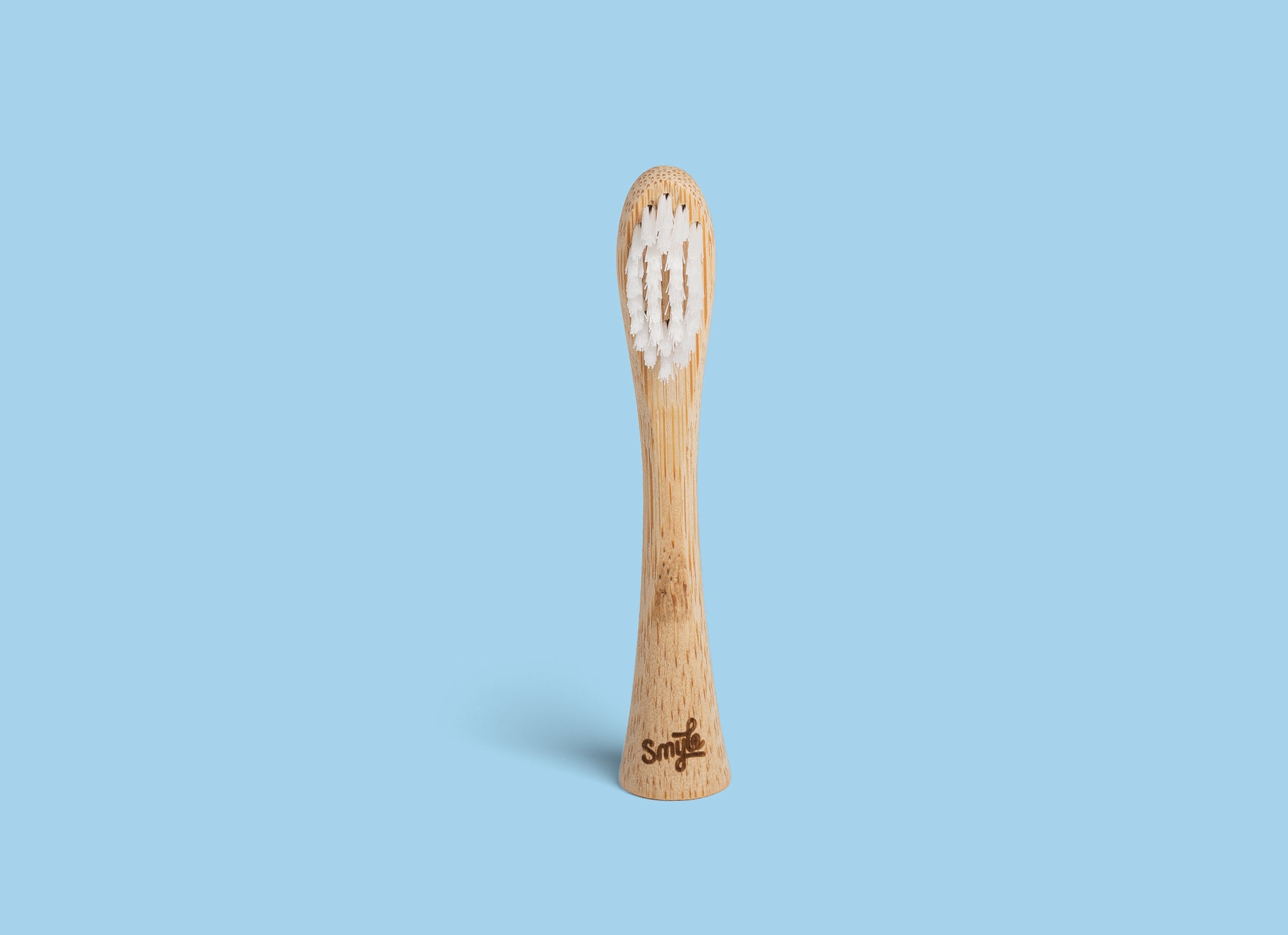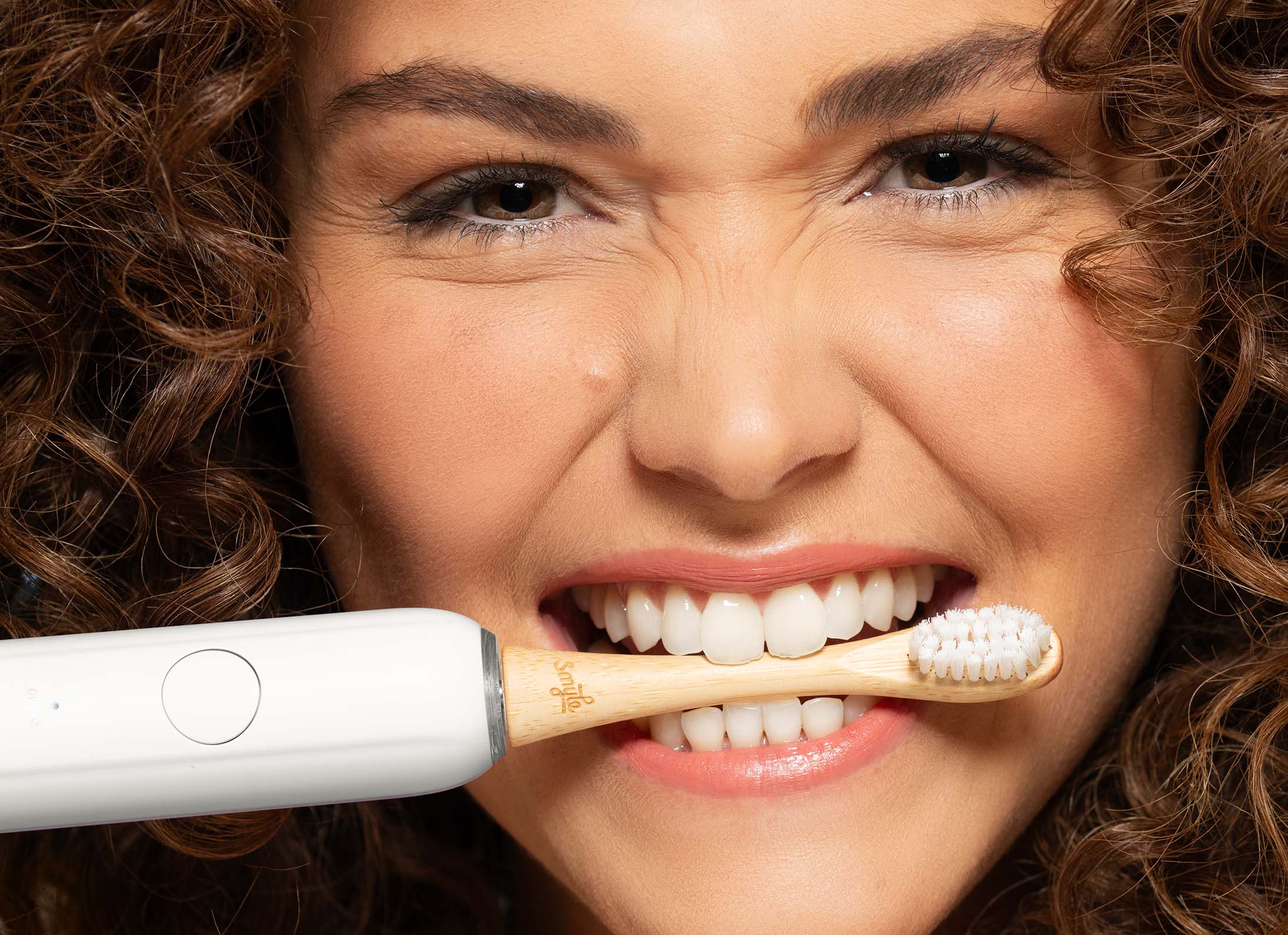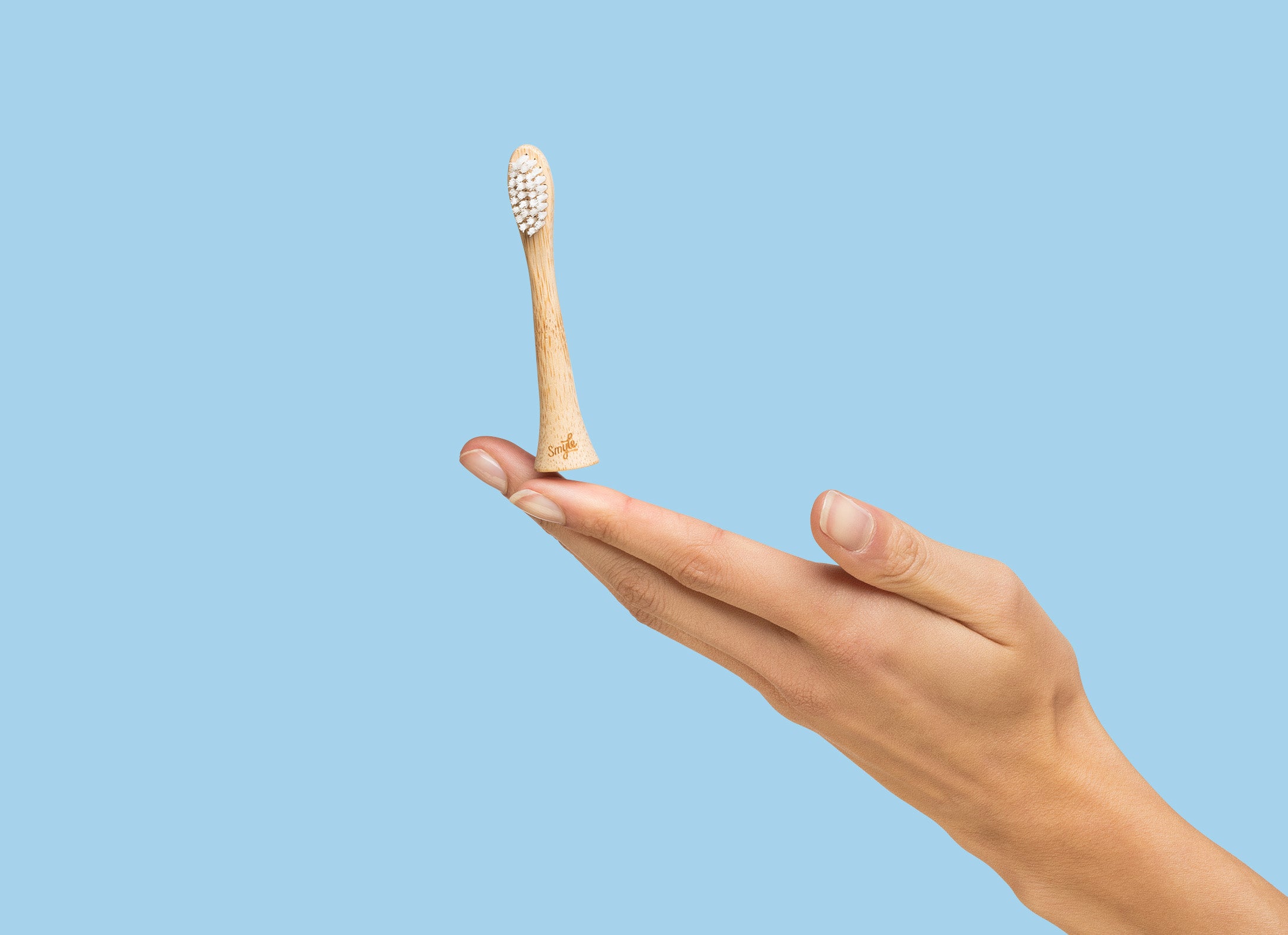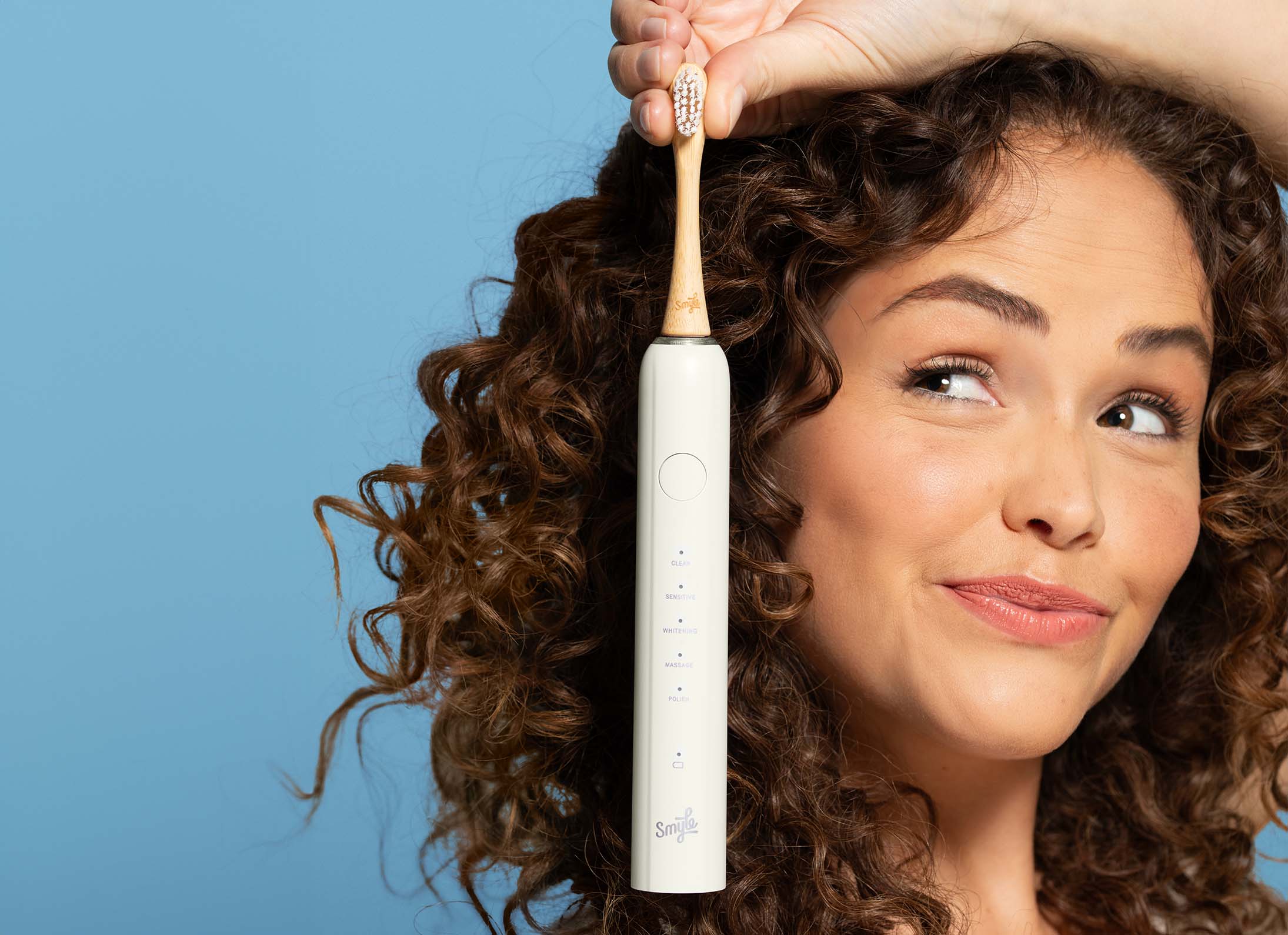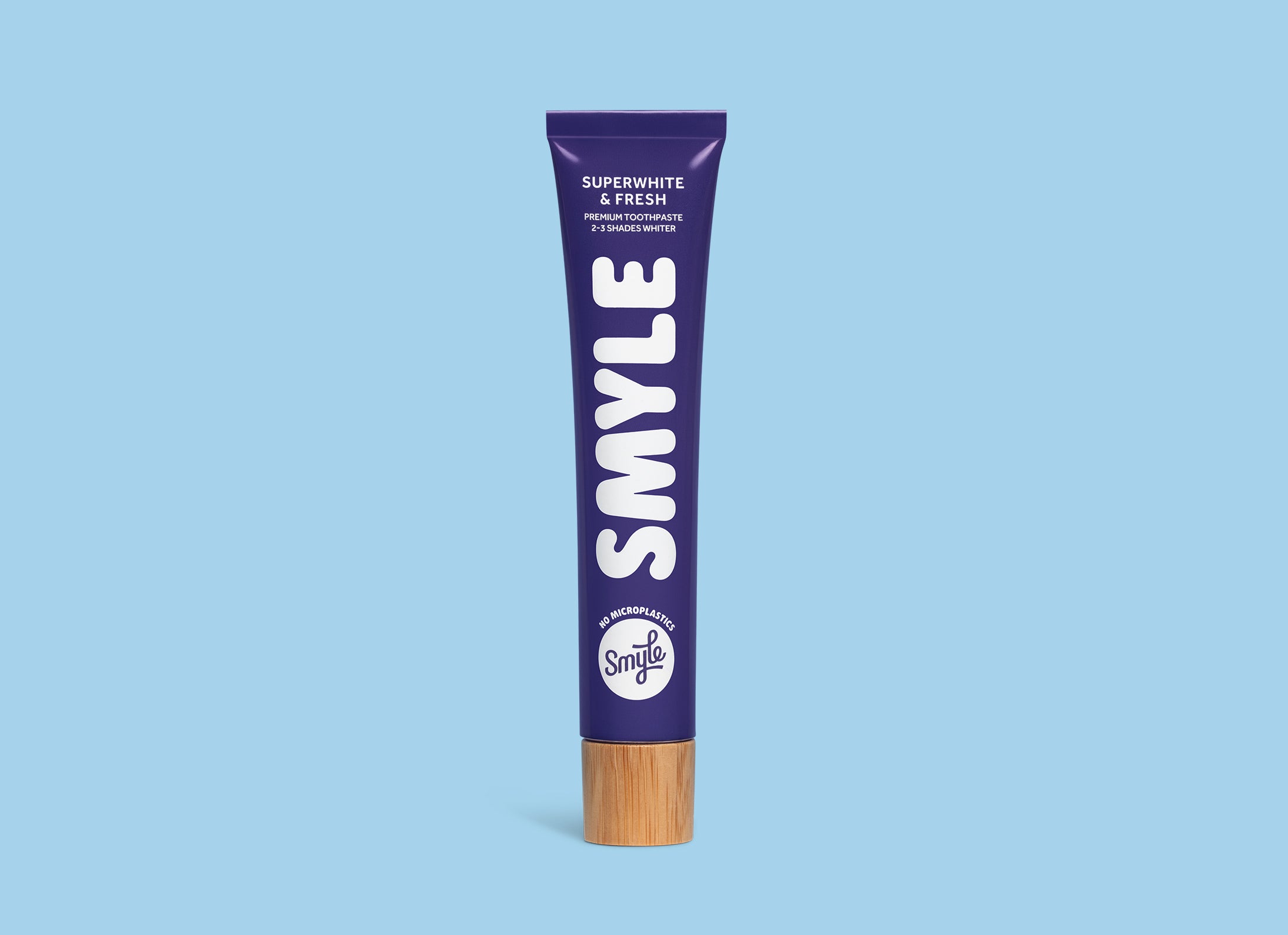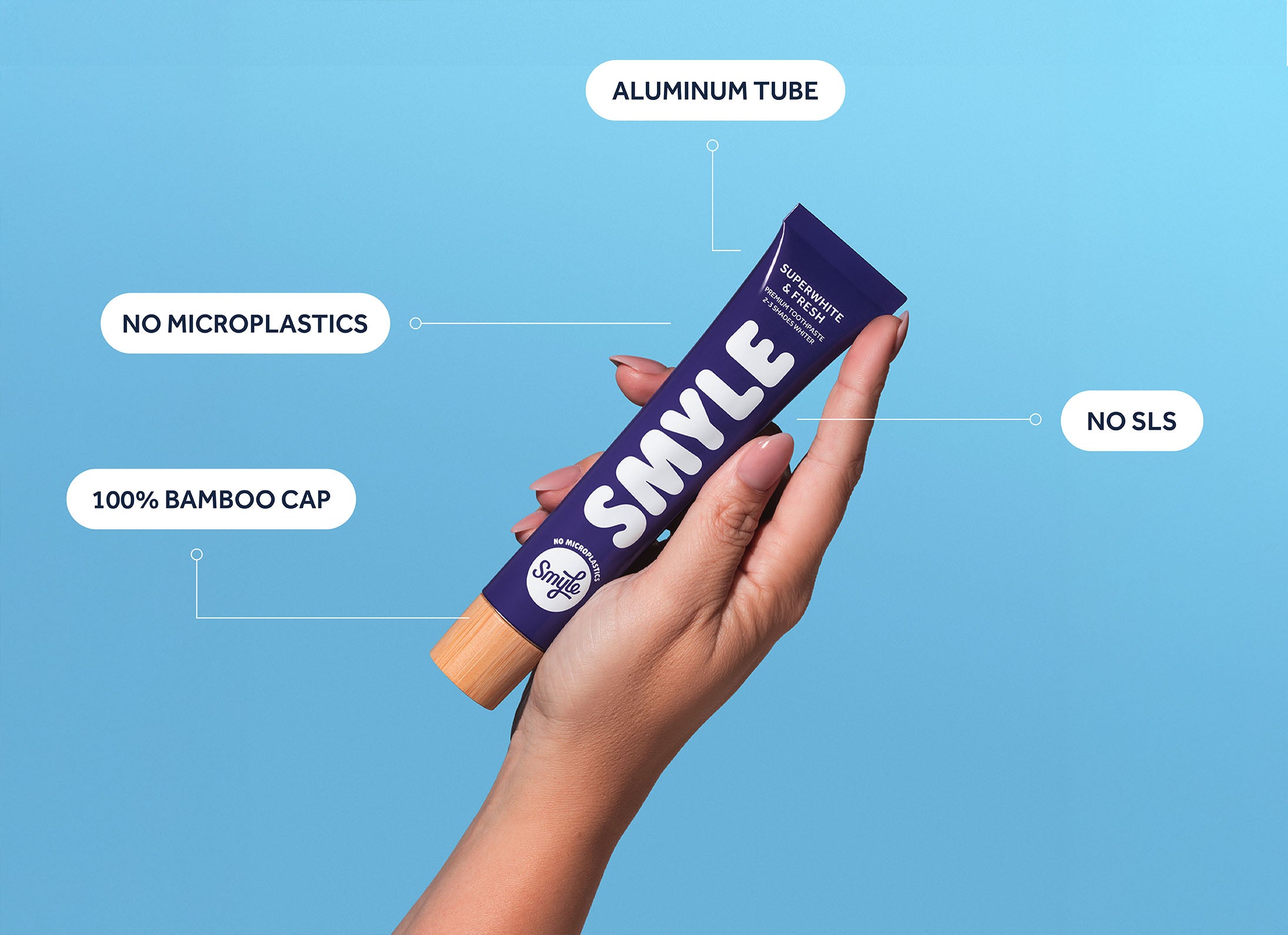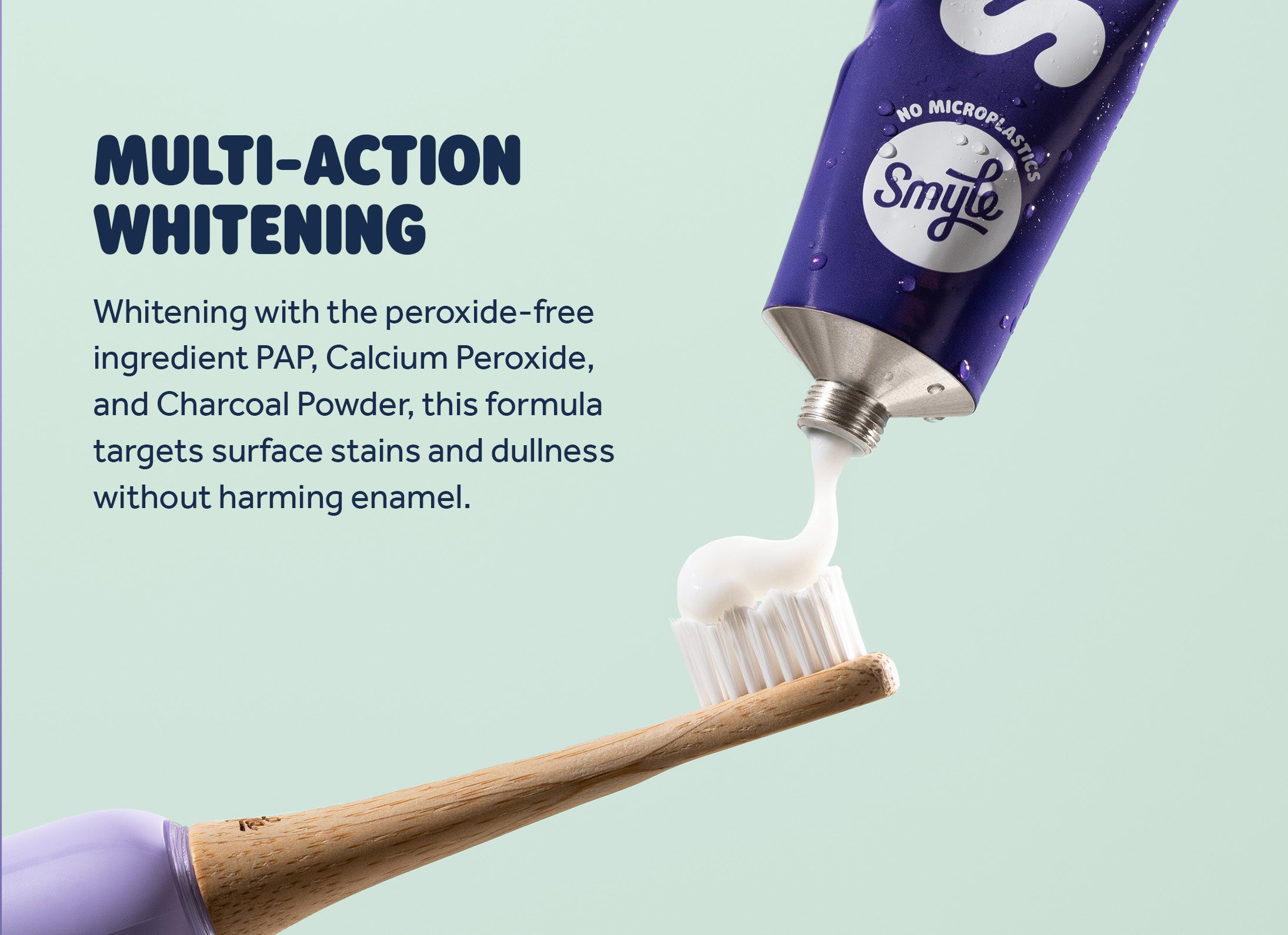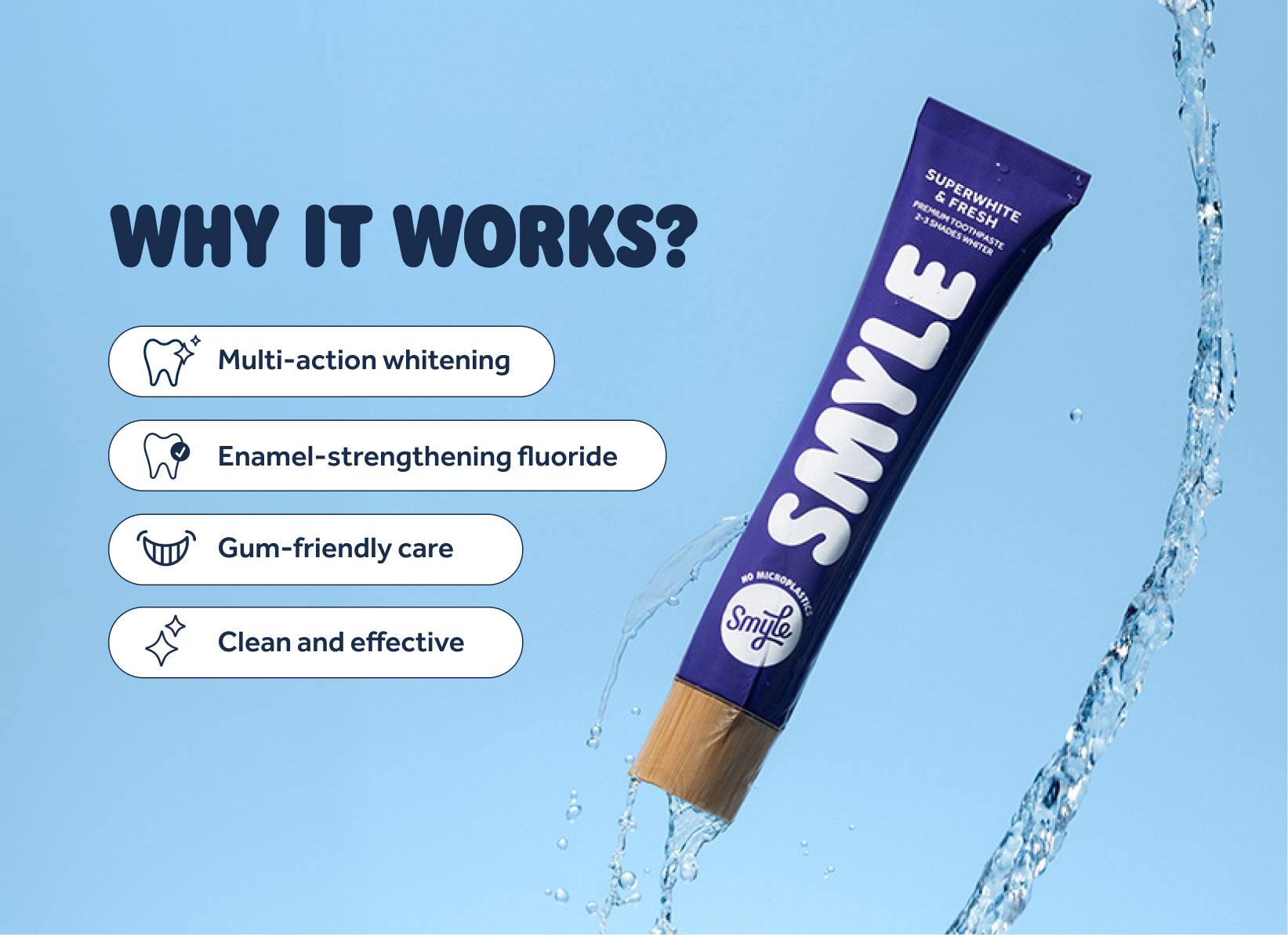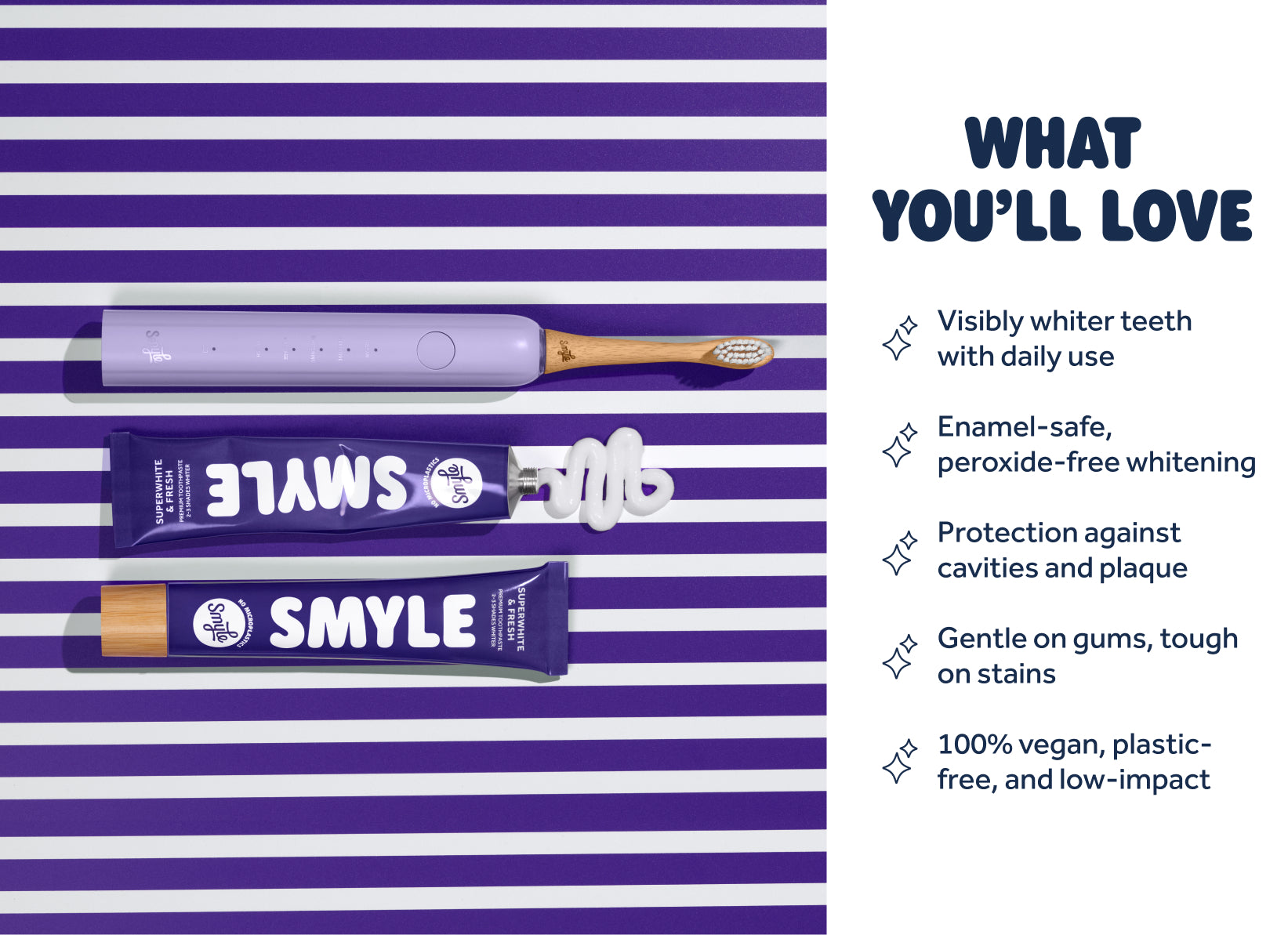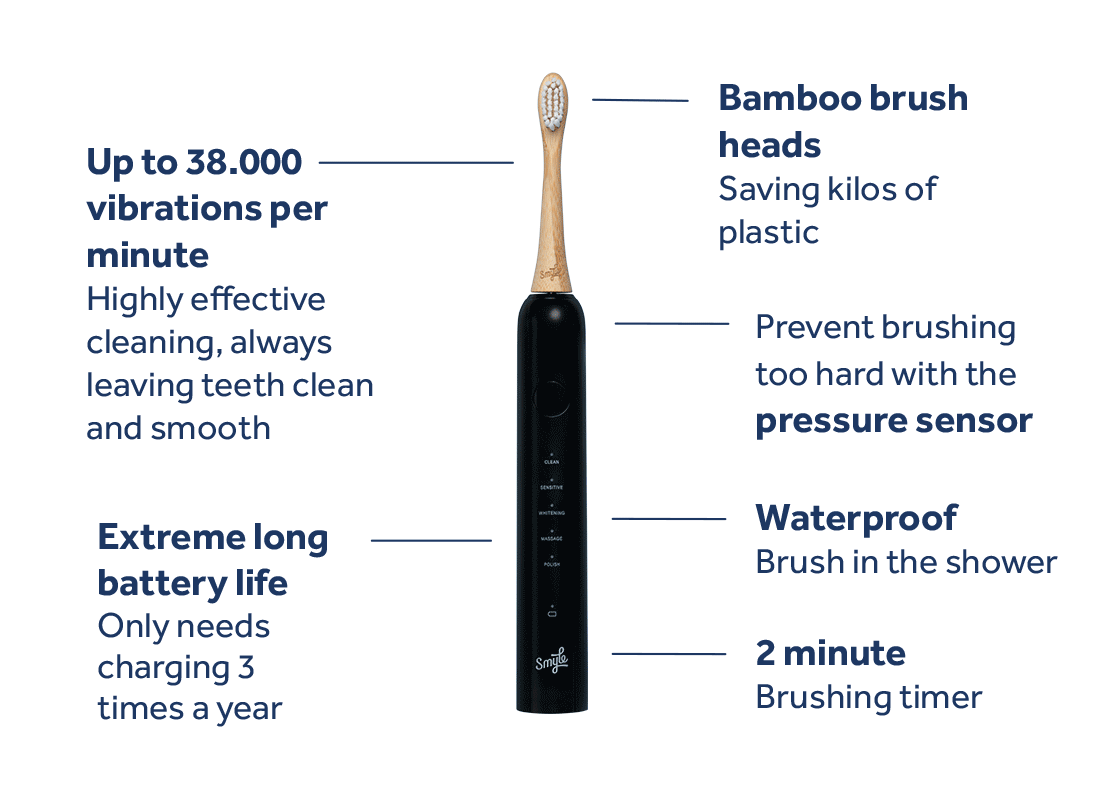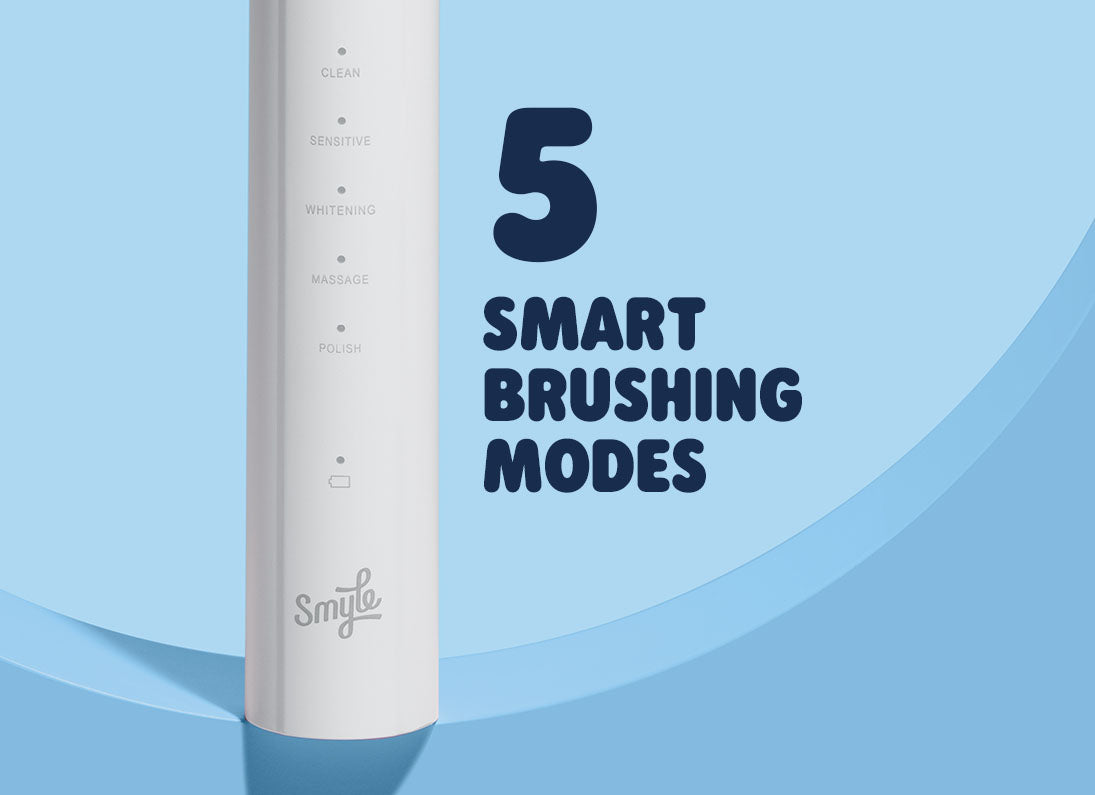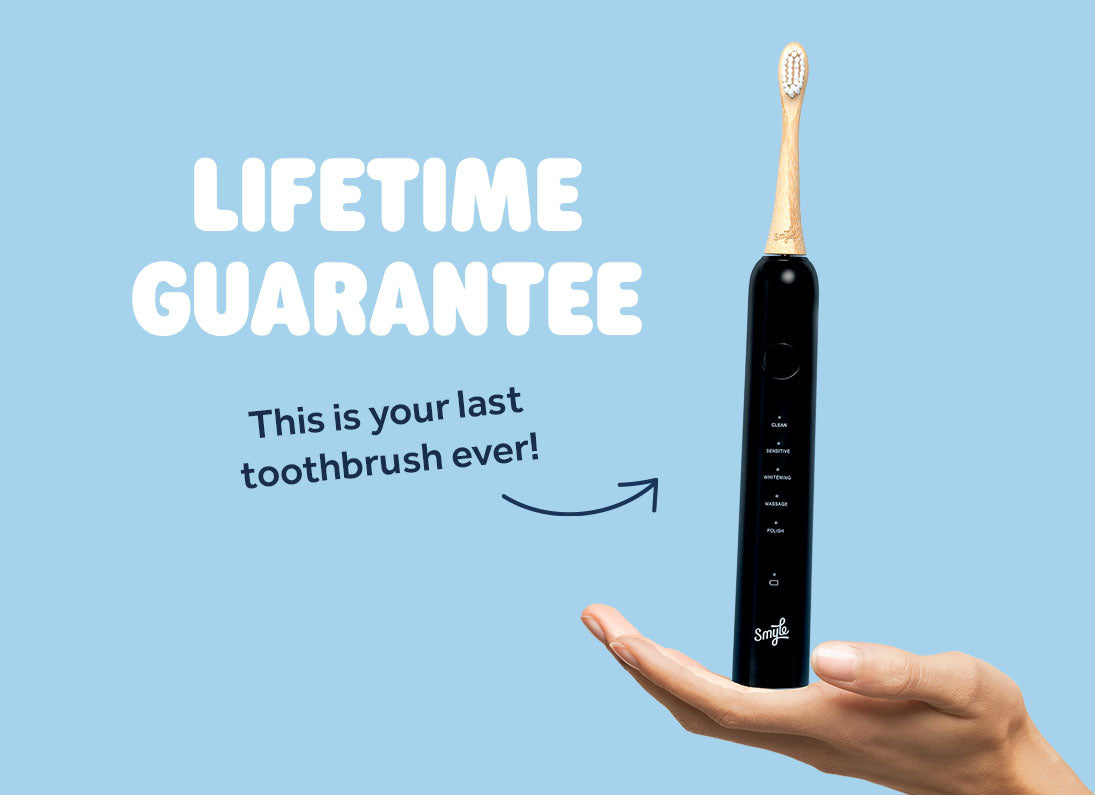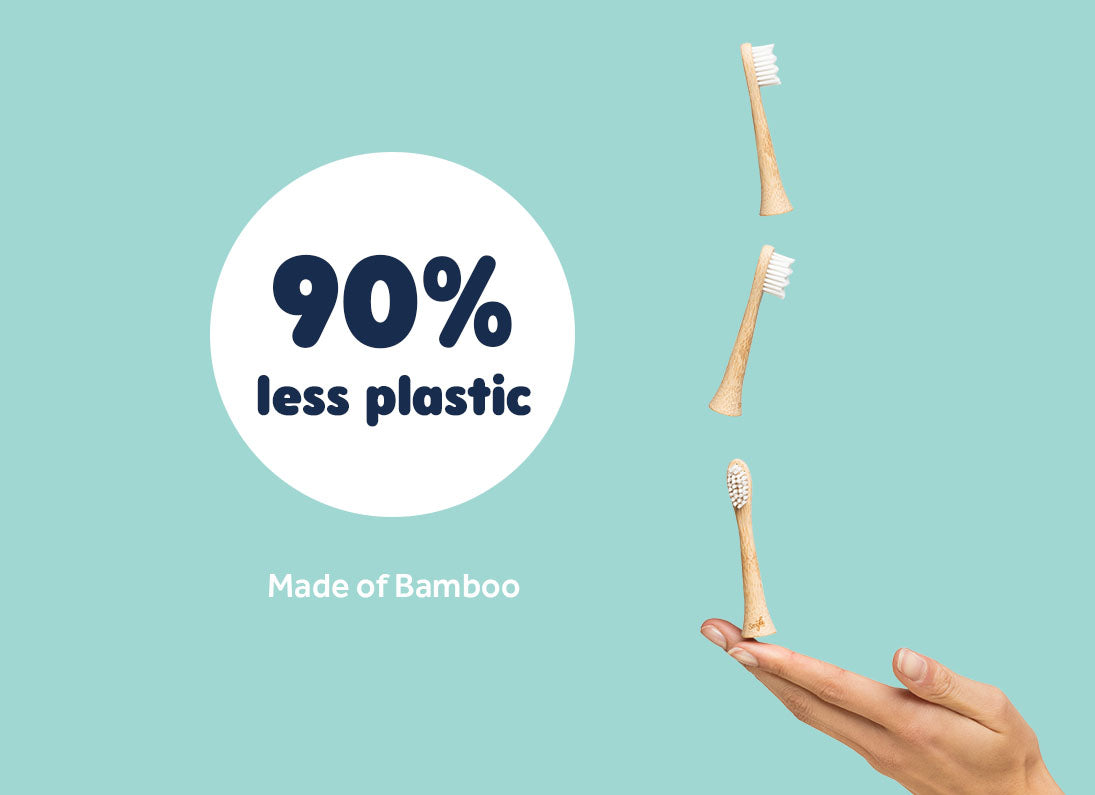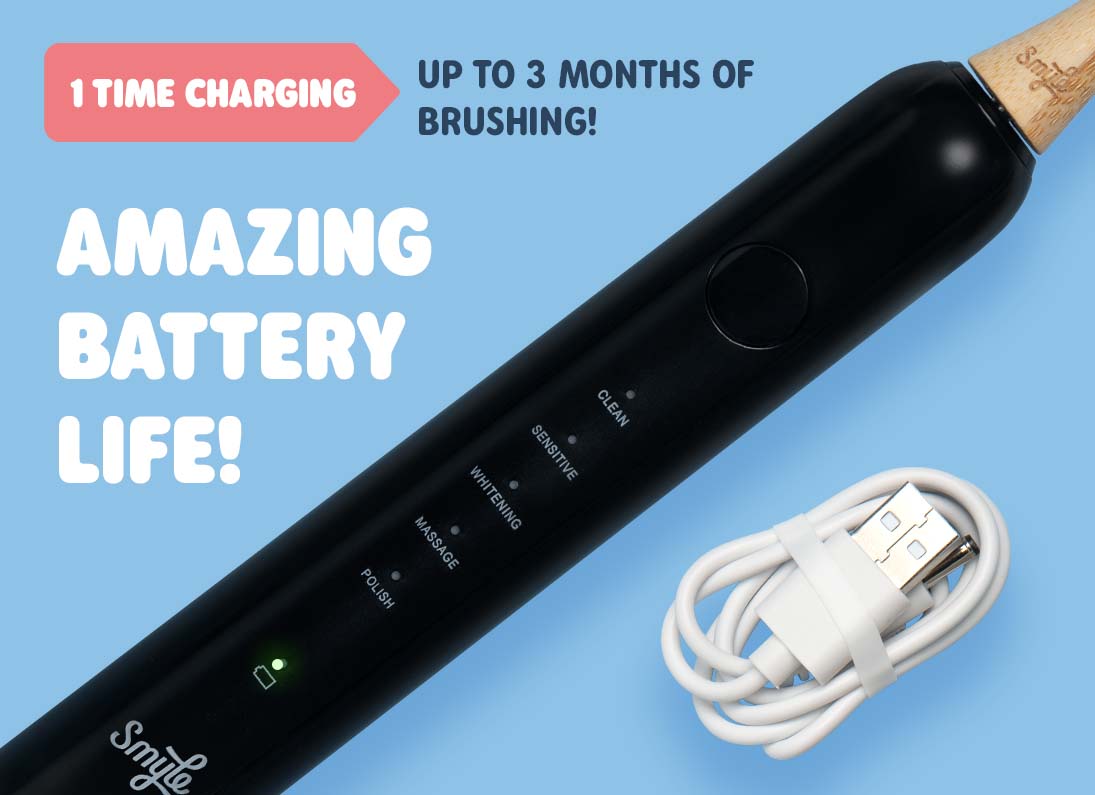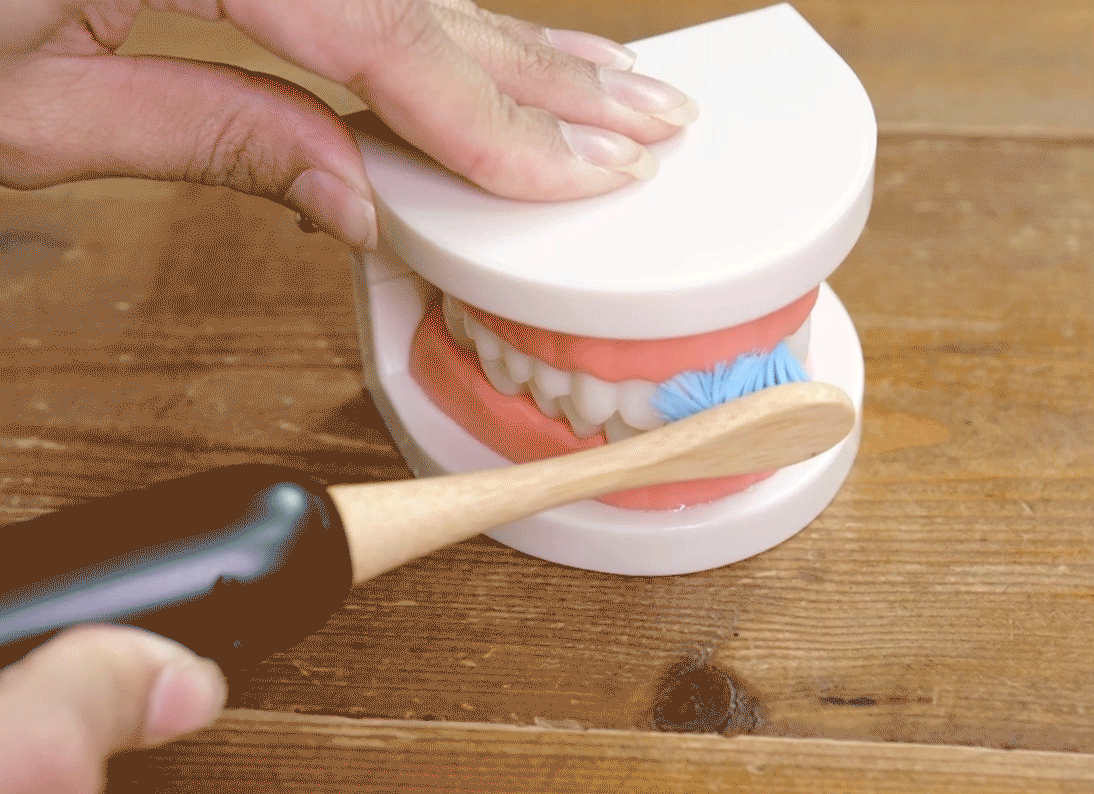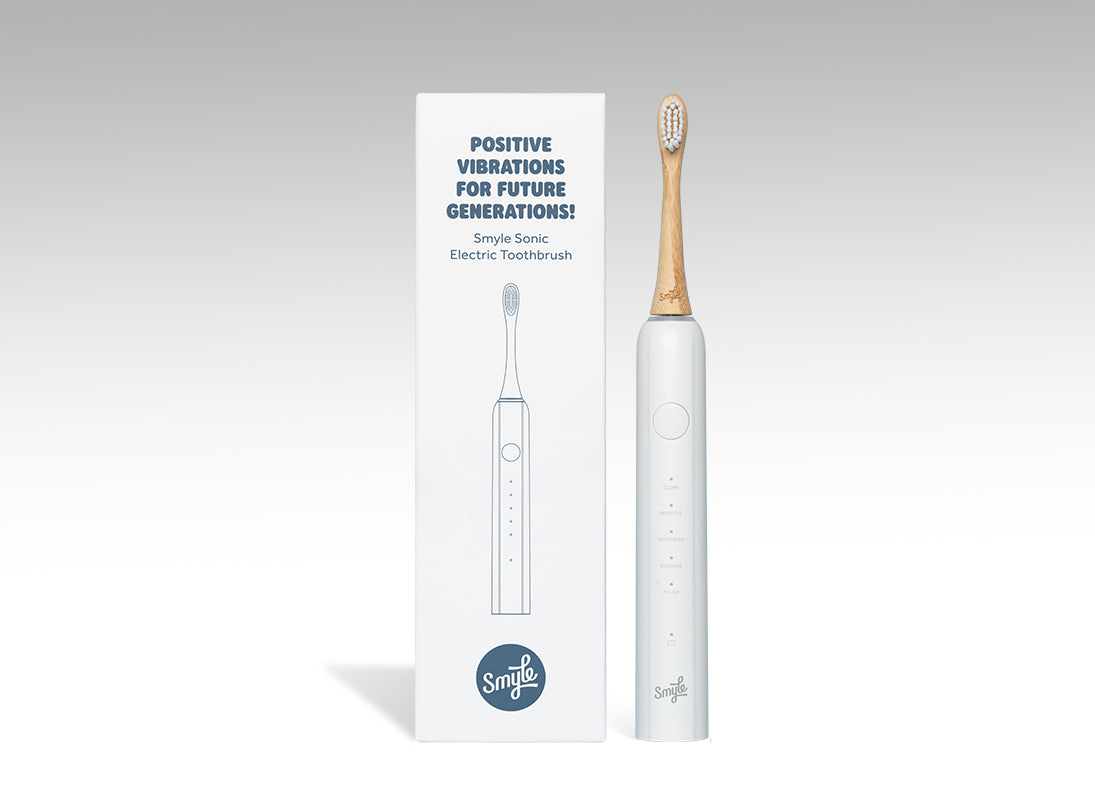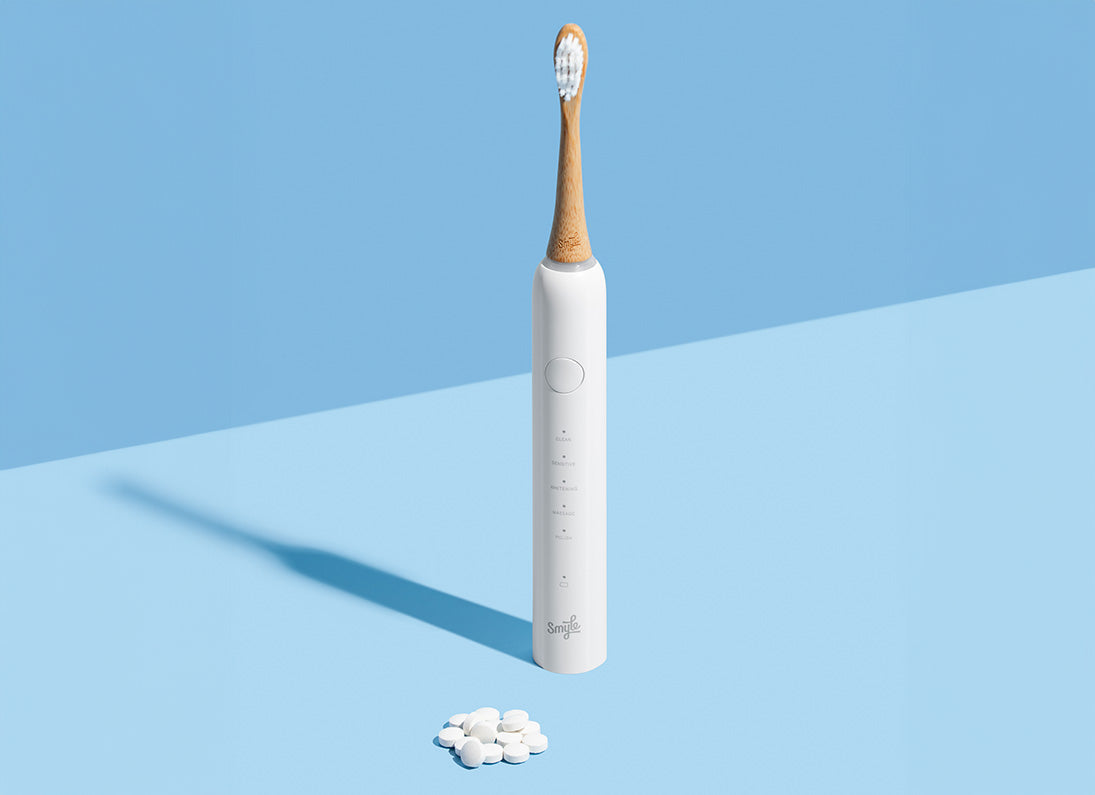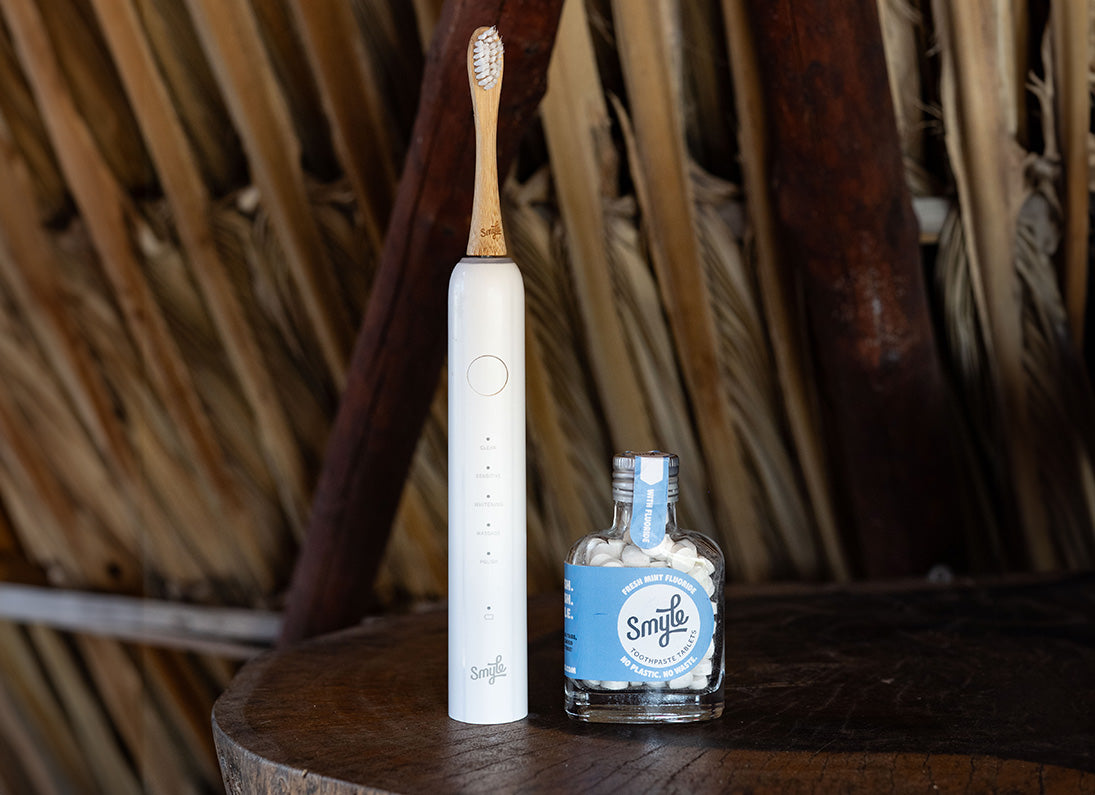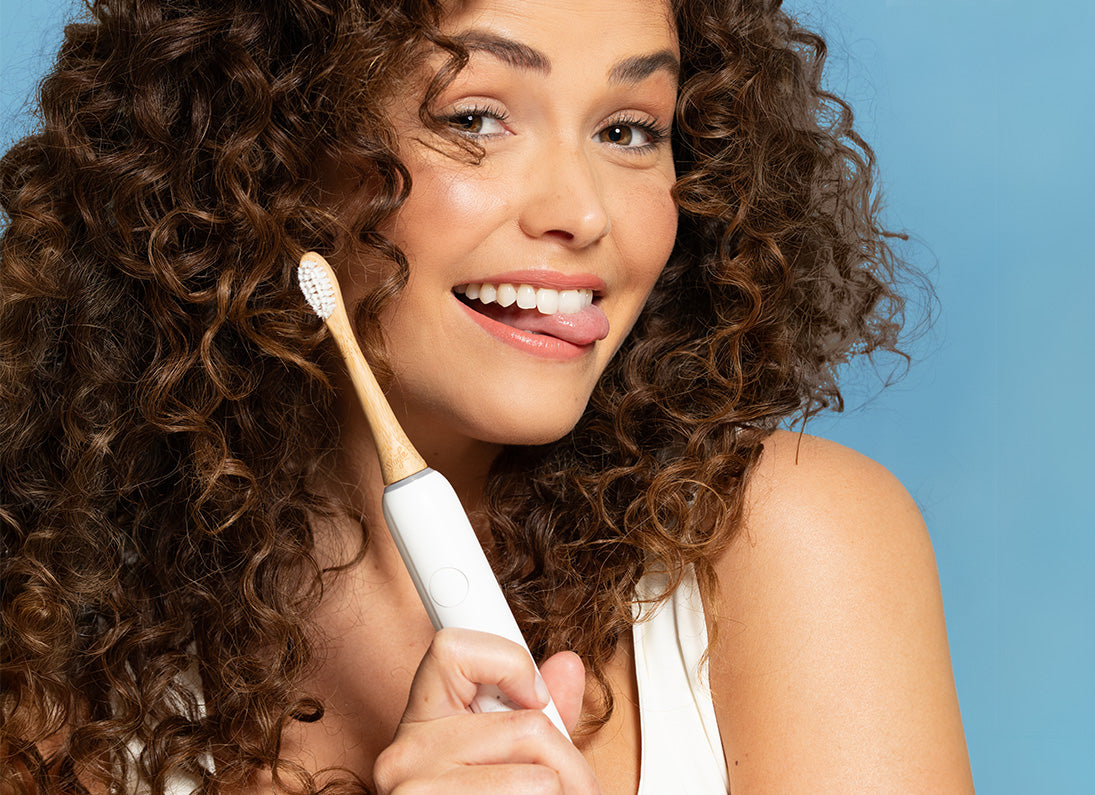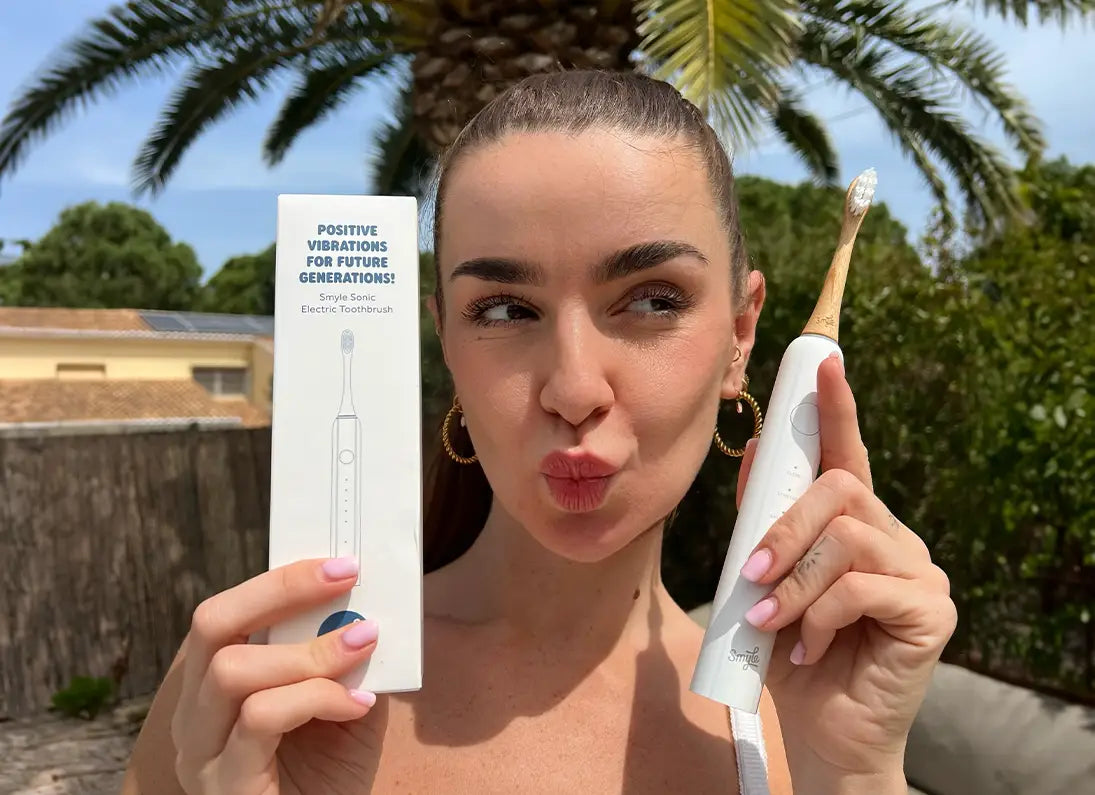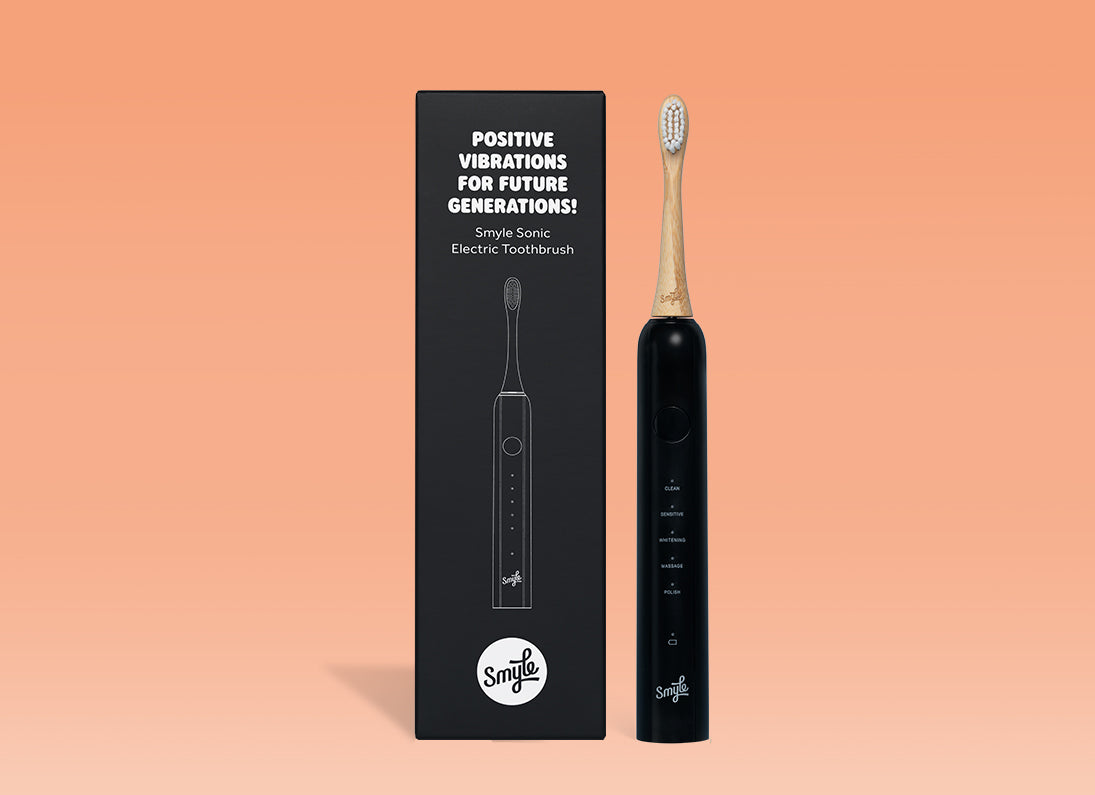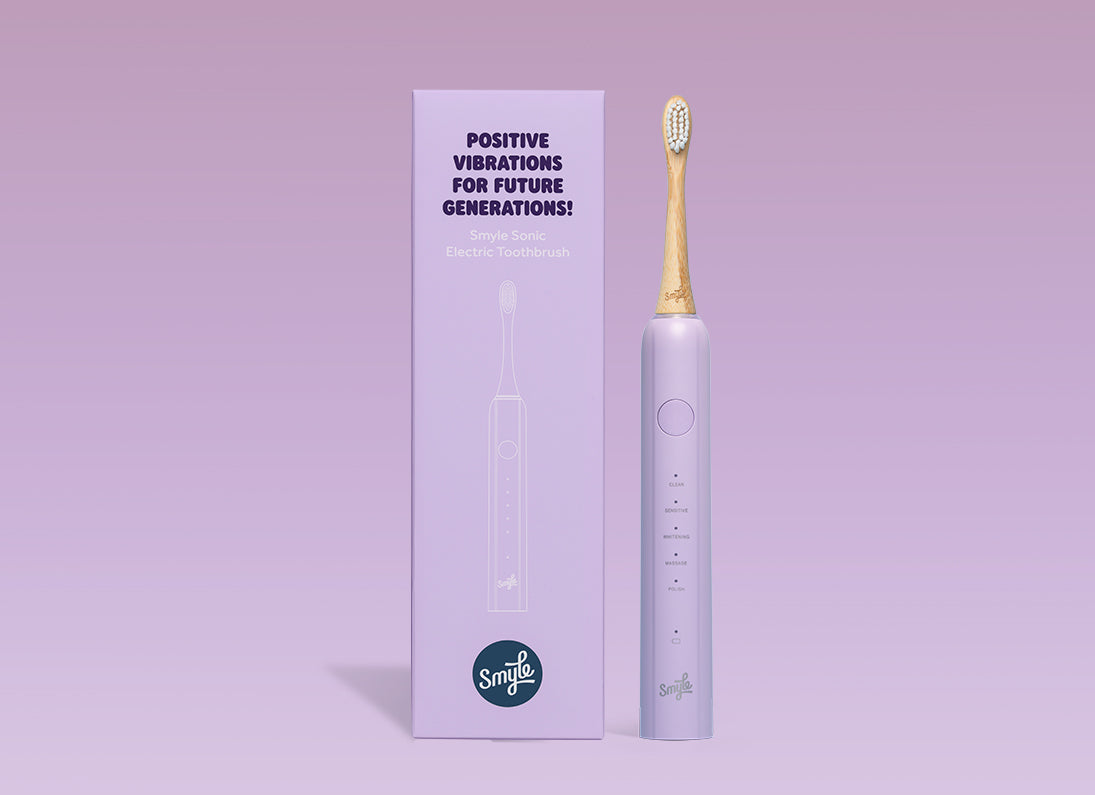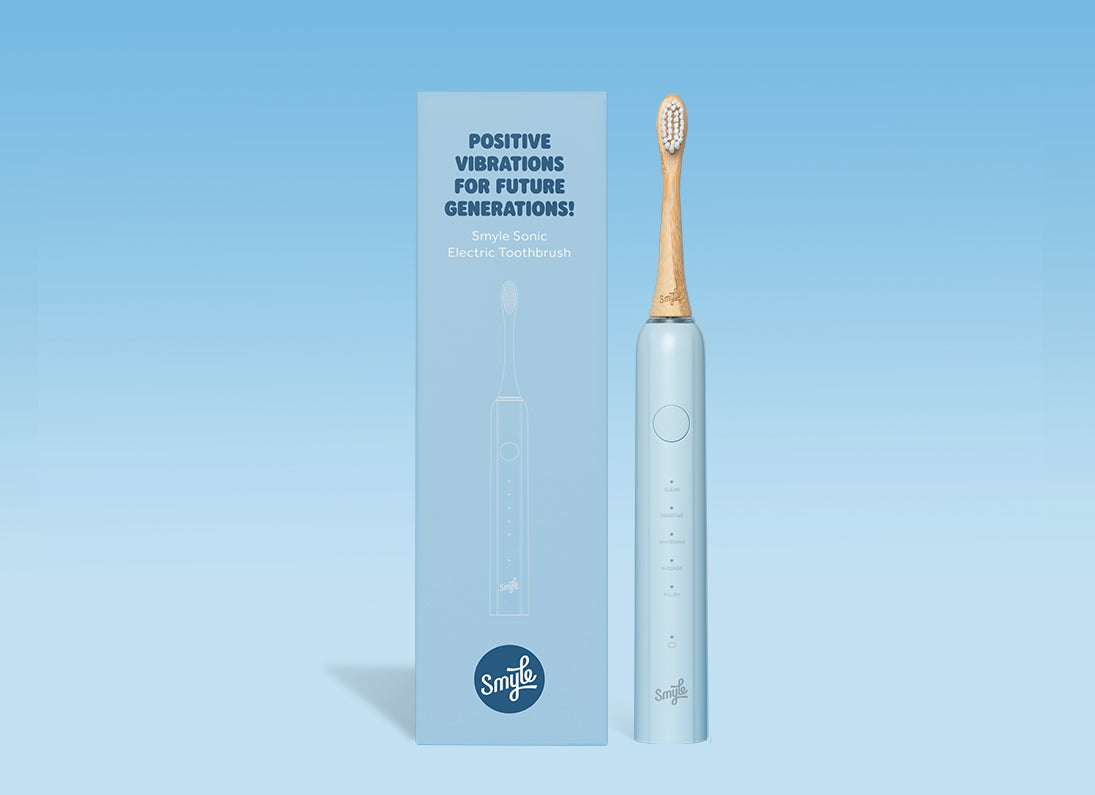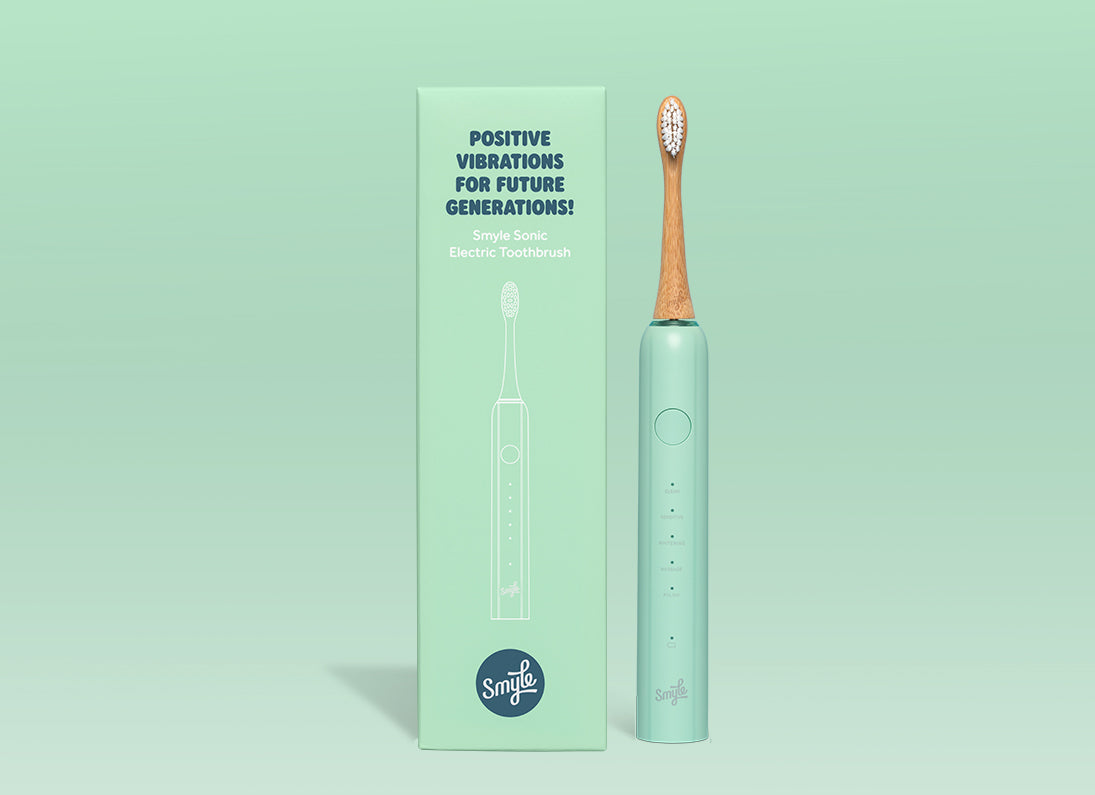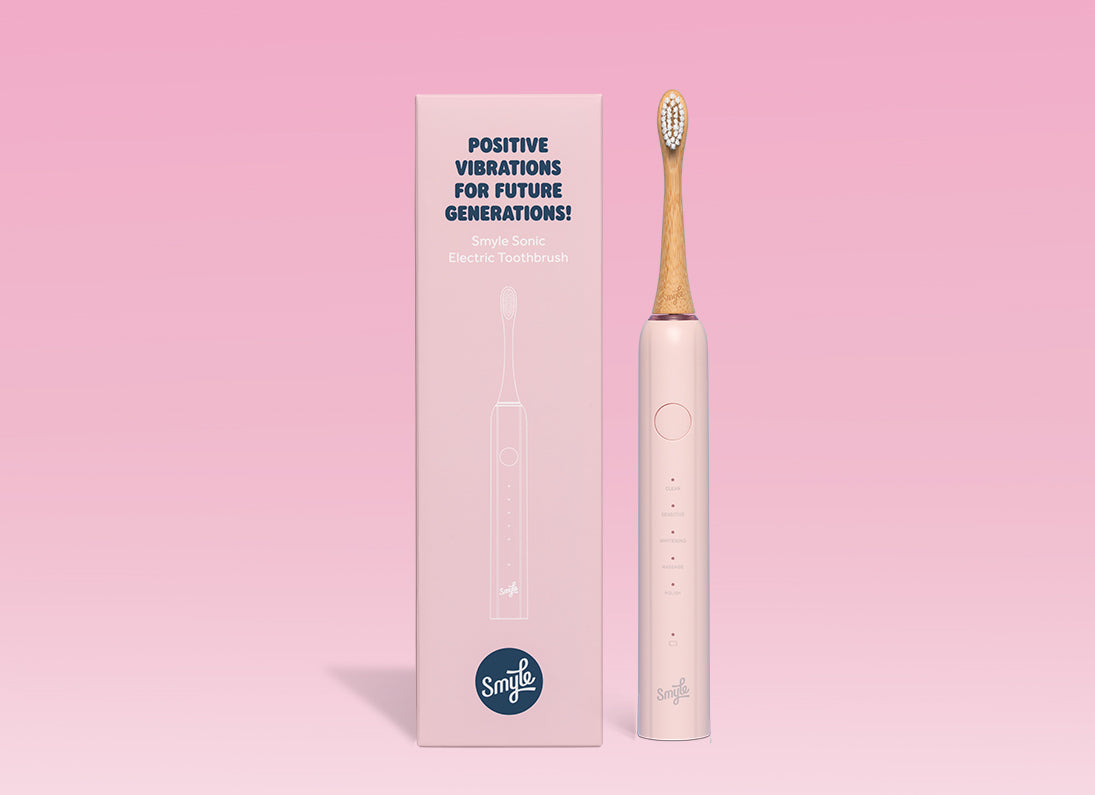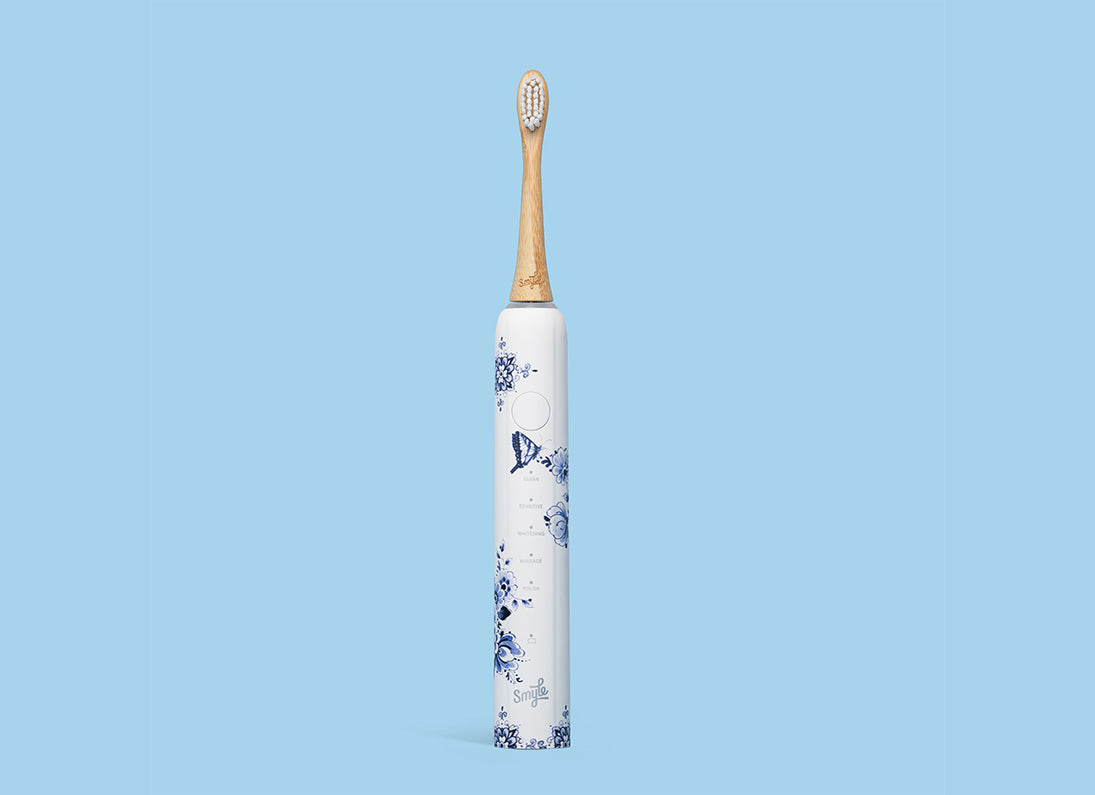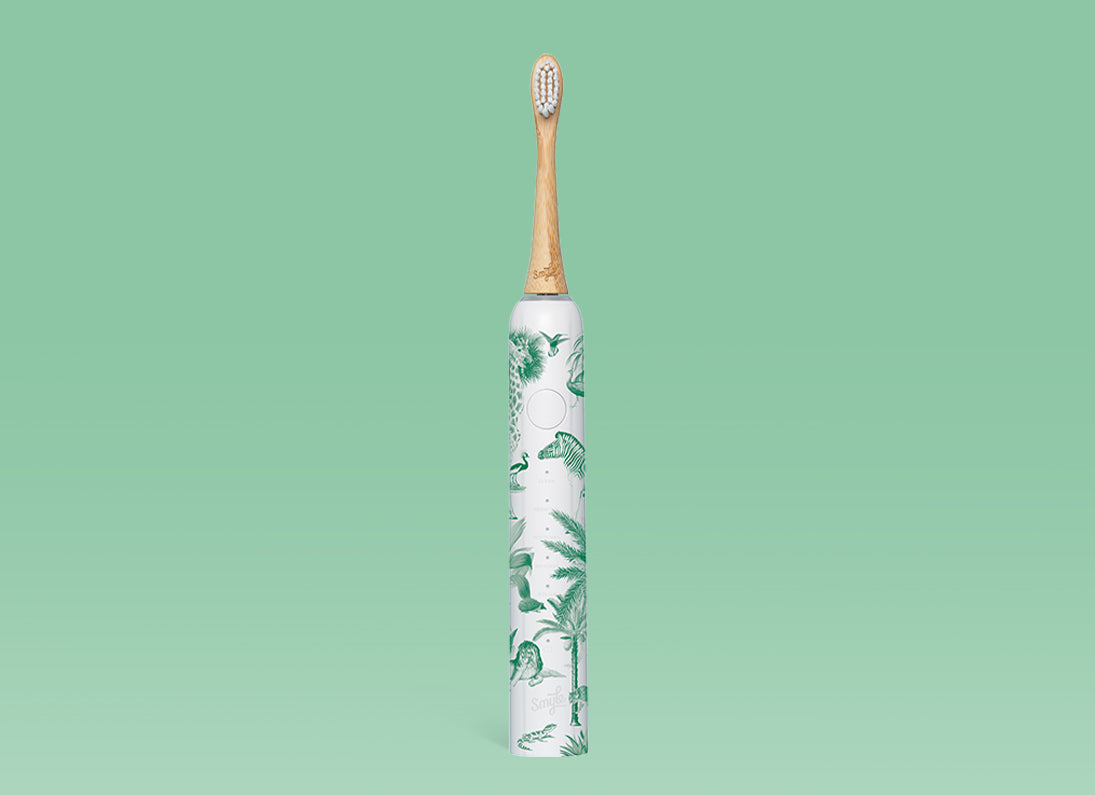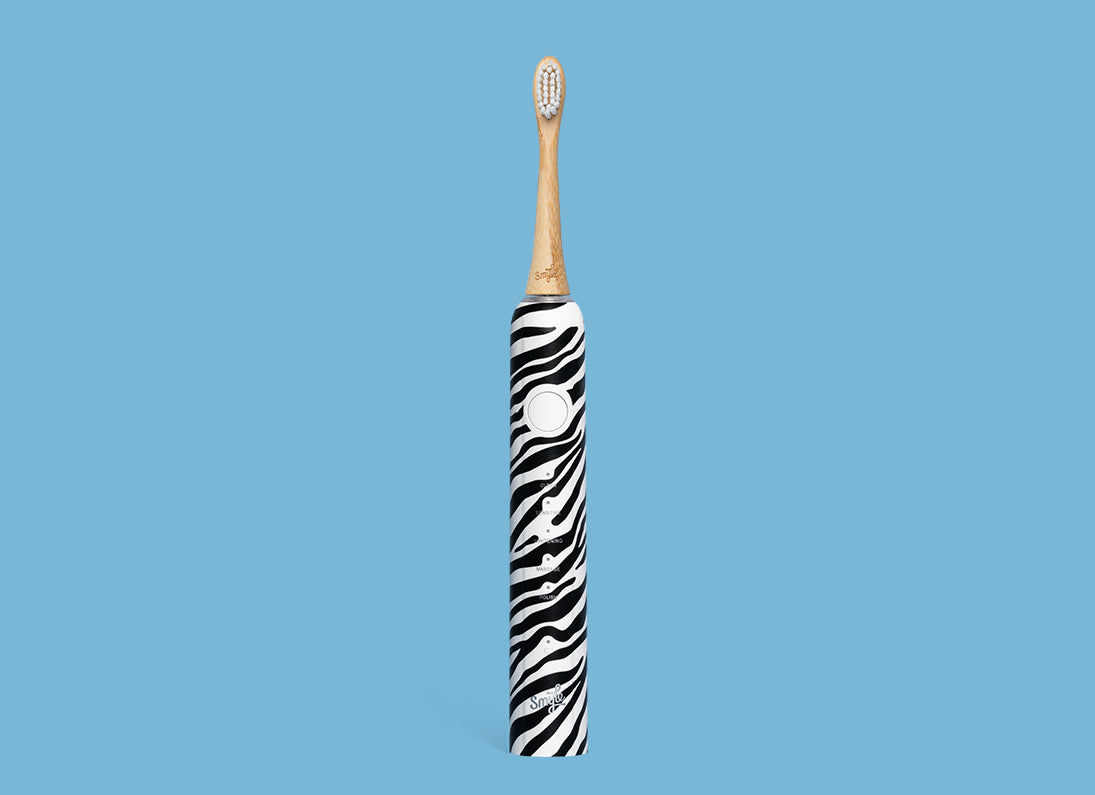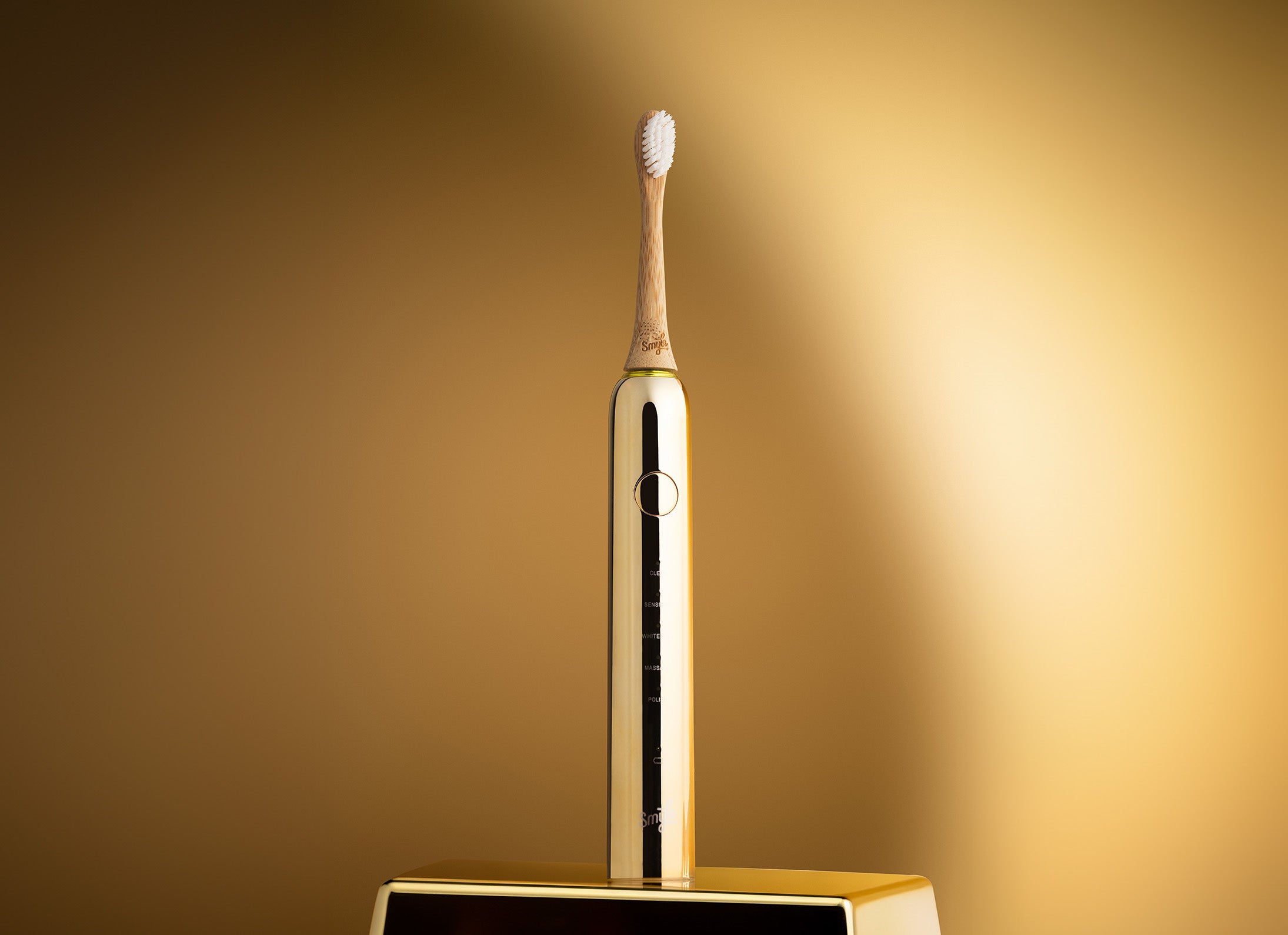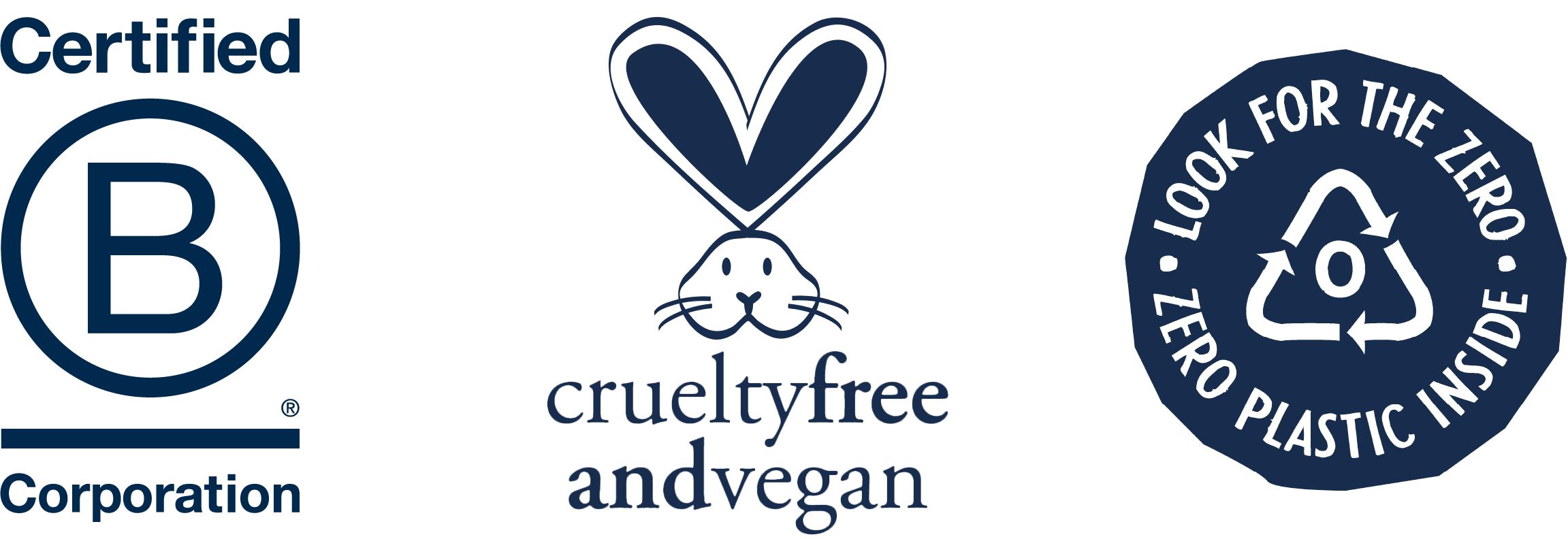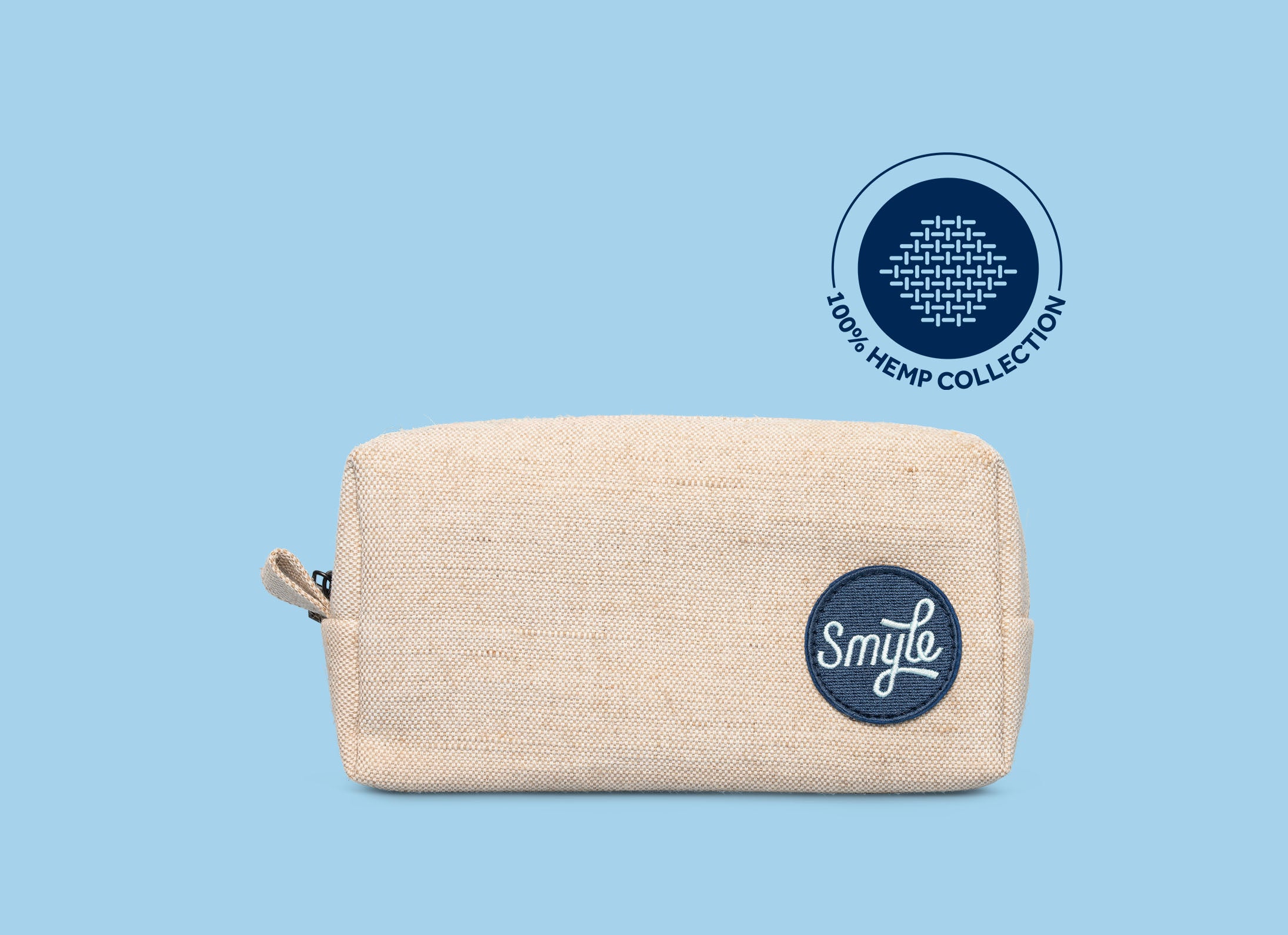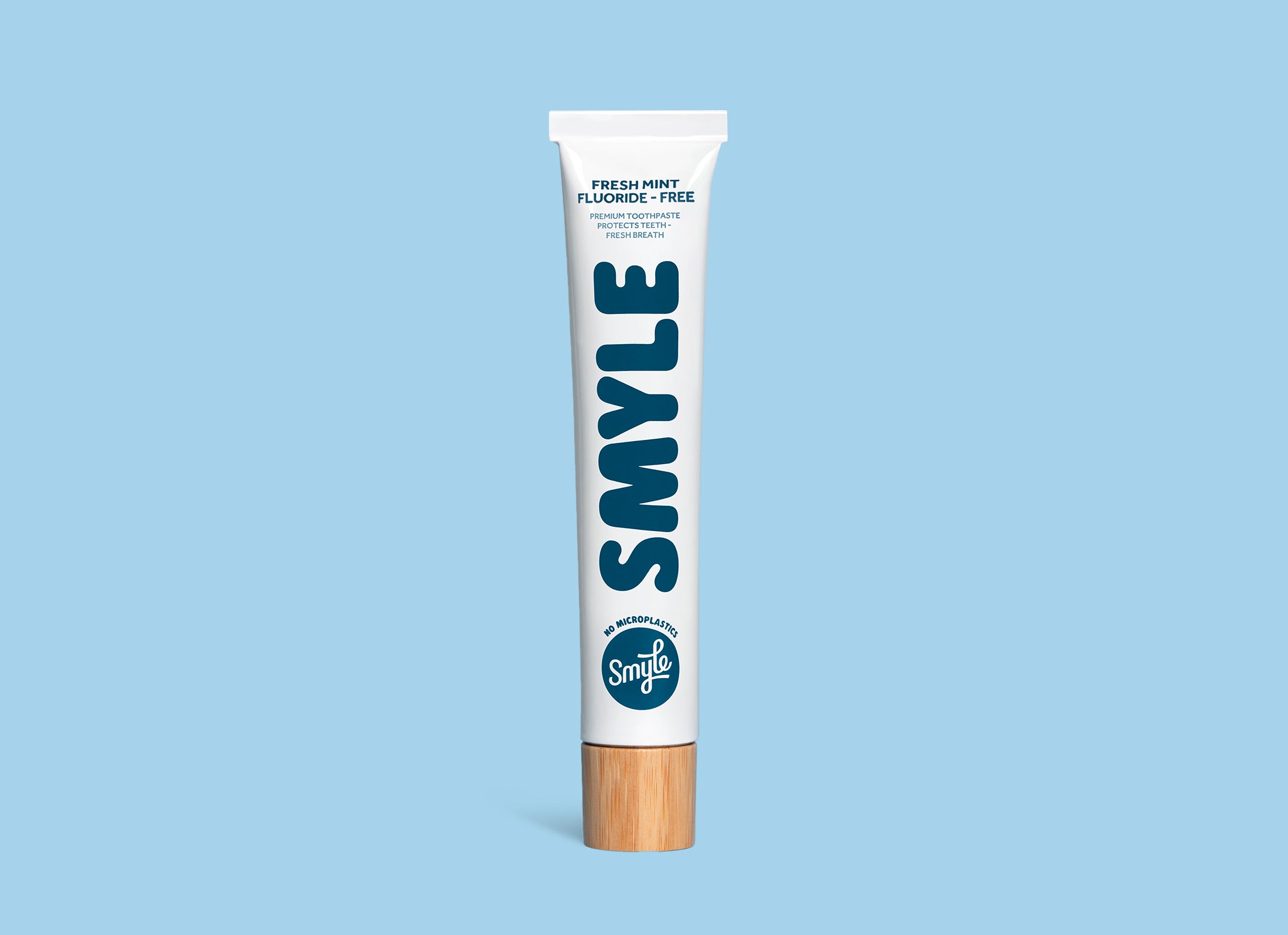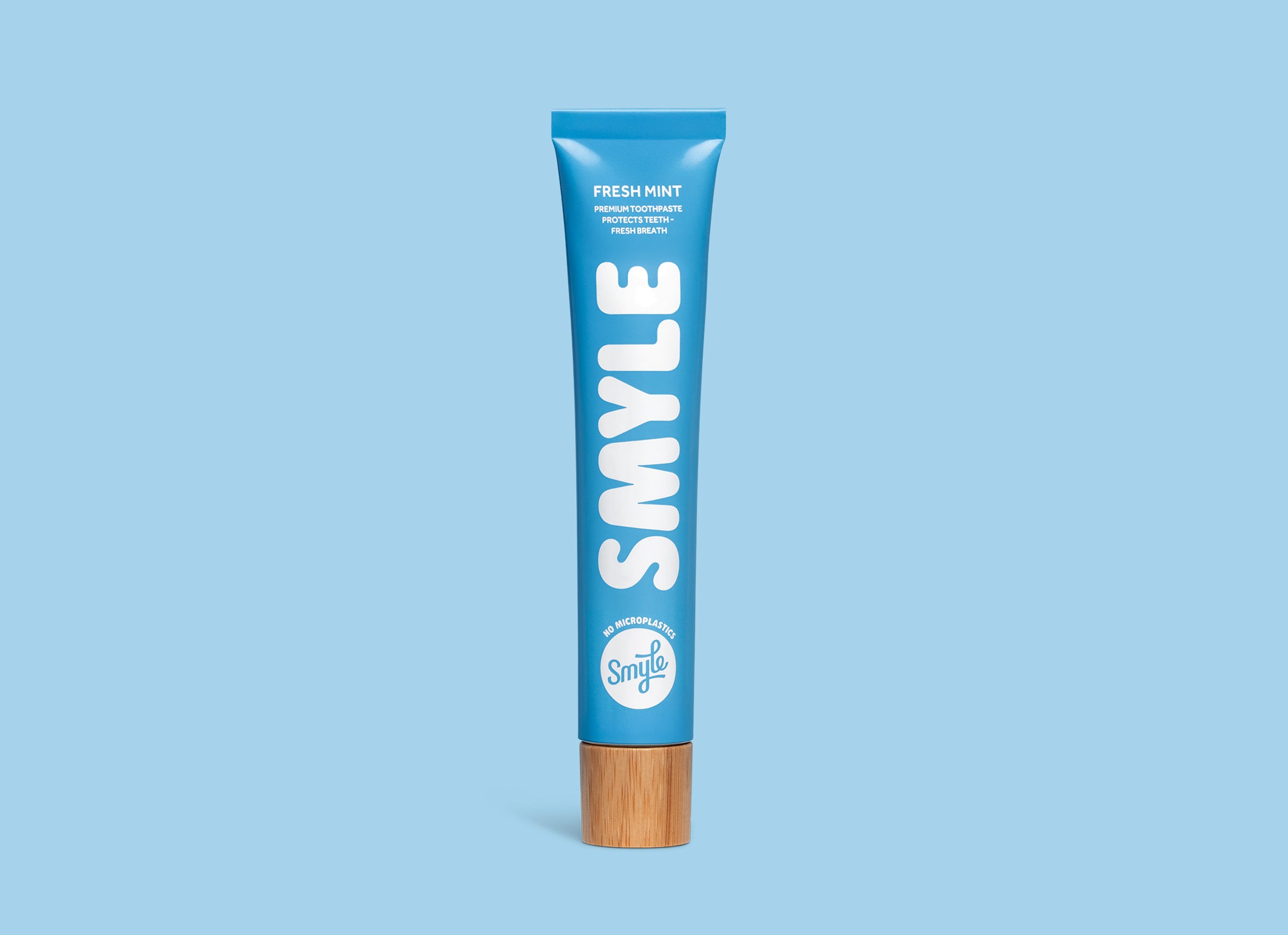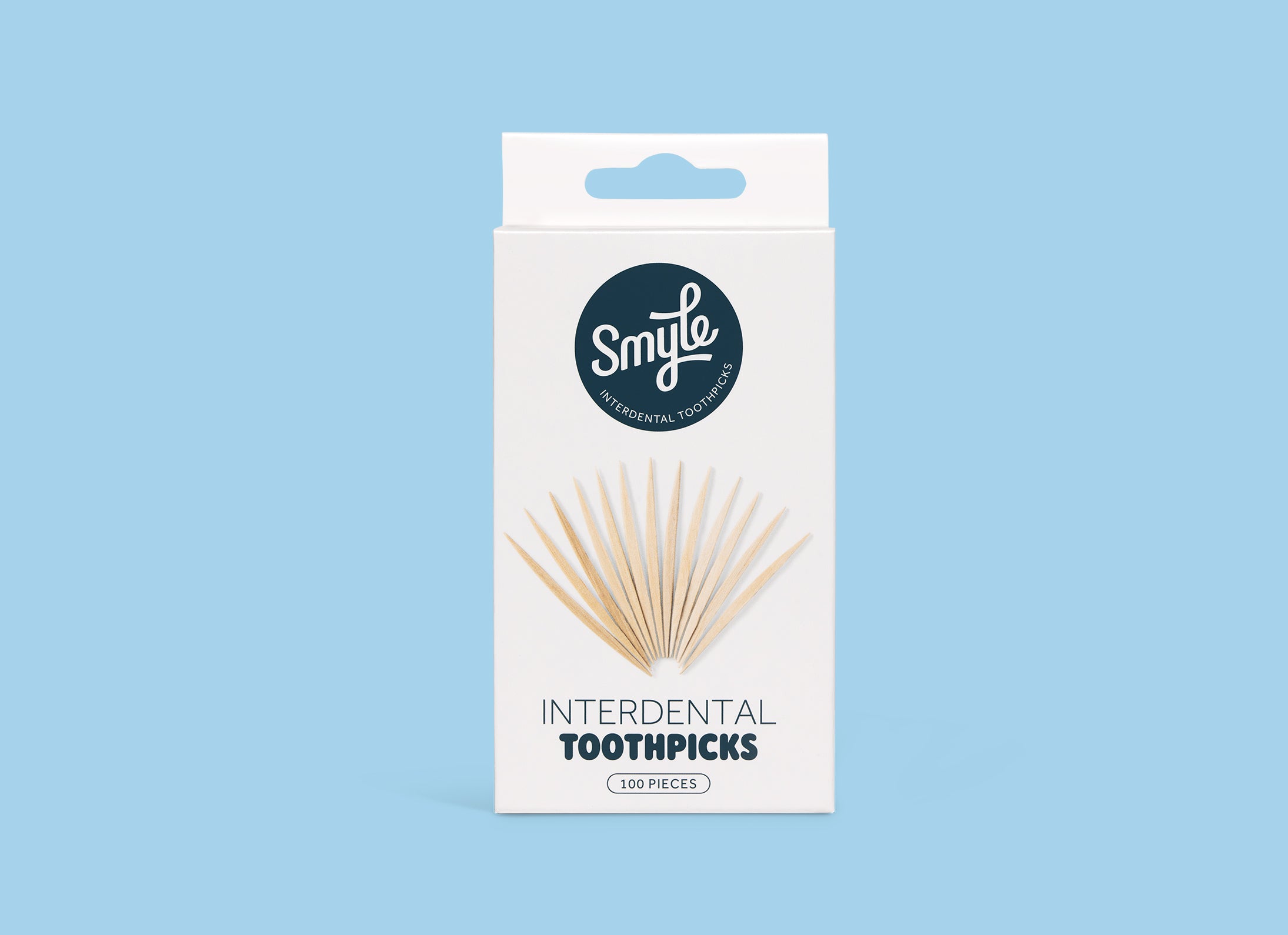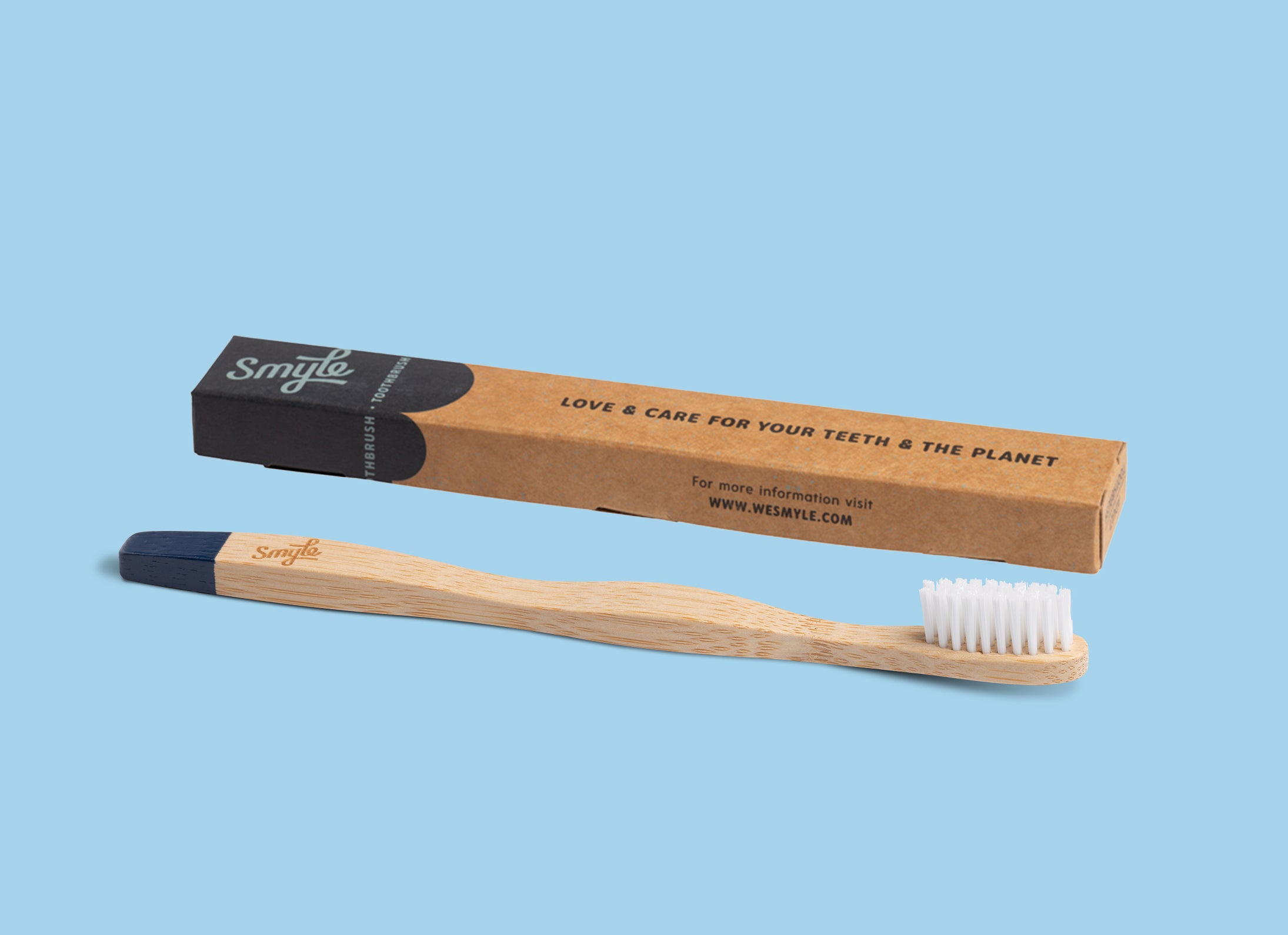
Introduction
Improving overall oral hygiene is a goal that we all strive for. It’s well-known that a healthy mouth has a positive impact on our overall health. One tool often used in this regard is the tongue scraper. While regularly scraping the tongue undoubtedly offers benefits, such as fresher breath and reduced bacterial growth, it’s essential to also consider the potential downsides. In this blog, we’ll dive deeper into the possible disadvantages of tongue scraping and how to avoid them.
Possible Discomforts
The first disadvantage of tongue scraping we will address is the potential discomfort. Discomfort during scraping can have several causes. First, scraping too hard can lead to irritation of the tongue, causing pain and discomfort. It’s important to remember that tongue scraping is meant to be a gentle cleaning method, not an aggressive scrub.
The second disadvantage of tongue scraping is using the wrong type of tongue scraper, which can lead to discomfort. Choosing the right type of tongue scraper is essential for a comfortable and effective cleaning experience. Different materials, such as stainless steel or copper, can provide different sensations.
It’s essential to take these potential discomforts into account to ensure a pleasant and effective tongue scraping experience.
Excessive Tongue Scraping
Another disadvantage of tongue scraping comes from excessive use. While it may seem like more scraping would lead to a cleaner tongue, too much of a good thing can lead to problems. Over-scraping can irritate and damage the delicate tissue of the tongue, which can result in discomfort or even pain.
Additionally, the tongue plays a crucial role in the natural balance of bacteria in our mouth. While some bacteria contribute to bad breath or other oral issues, many beneficial bacteria help with everything from digestion to the immune system. Excessive scraping can disrupt this balance, which can negatively affect overall oral health.
It’s therefore crucial to use tongue scraping in moderation. Experts generally recommend scraping once a day, preferably in the morning. This helps remove the buildup of bacteria overnight without disrupting the balance of good bacteria.

Neglecting Other Oral Hygiene Practices
The final disadvantage of tongue scraping we will discuss is the possibility that it can divert attention from other important oral hygiene practices. While tongue scraping can be an effective way to improve oral health, it should not be seen as a substitute for other essential routines, such as brushing, flossing, and using mouthwash.
Excessive focus on tongue scraping can lead to a reduction in the time and effort spent on these other practices. However, these routines form the core of effective oral care and should not be neglected.
It’s important to view tongue scraping as a supplement to, and not a replacement for, our daily oral care routine.
Conclusion: What Are the Disadvantages of Tongue Scraping?
It’s undeniable that tongue scraping offers benefits for oral health, including fresher breath and reduced bacterial growth. However, as discussed in this blog, there are also potential disadvantages to tongue scraping, such as possible discomfort, the risks of excessive use, and the possibility that other oral hygiene practices may be neglected.
By being aware of the disadvantages of tongue scraping, we can make better choices about our oral care routine. This means scraping in moderation, choosing the right tongue scraper, and not forgetting that tongue scraping is a supplement to, not a replacement for, other oral hygiene practices.
It’s essential to find a balance that works for our unique needs and circumstances, in order to maintain the healthiest and happiest smile.

